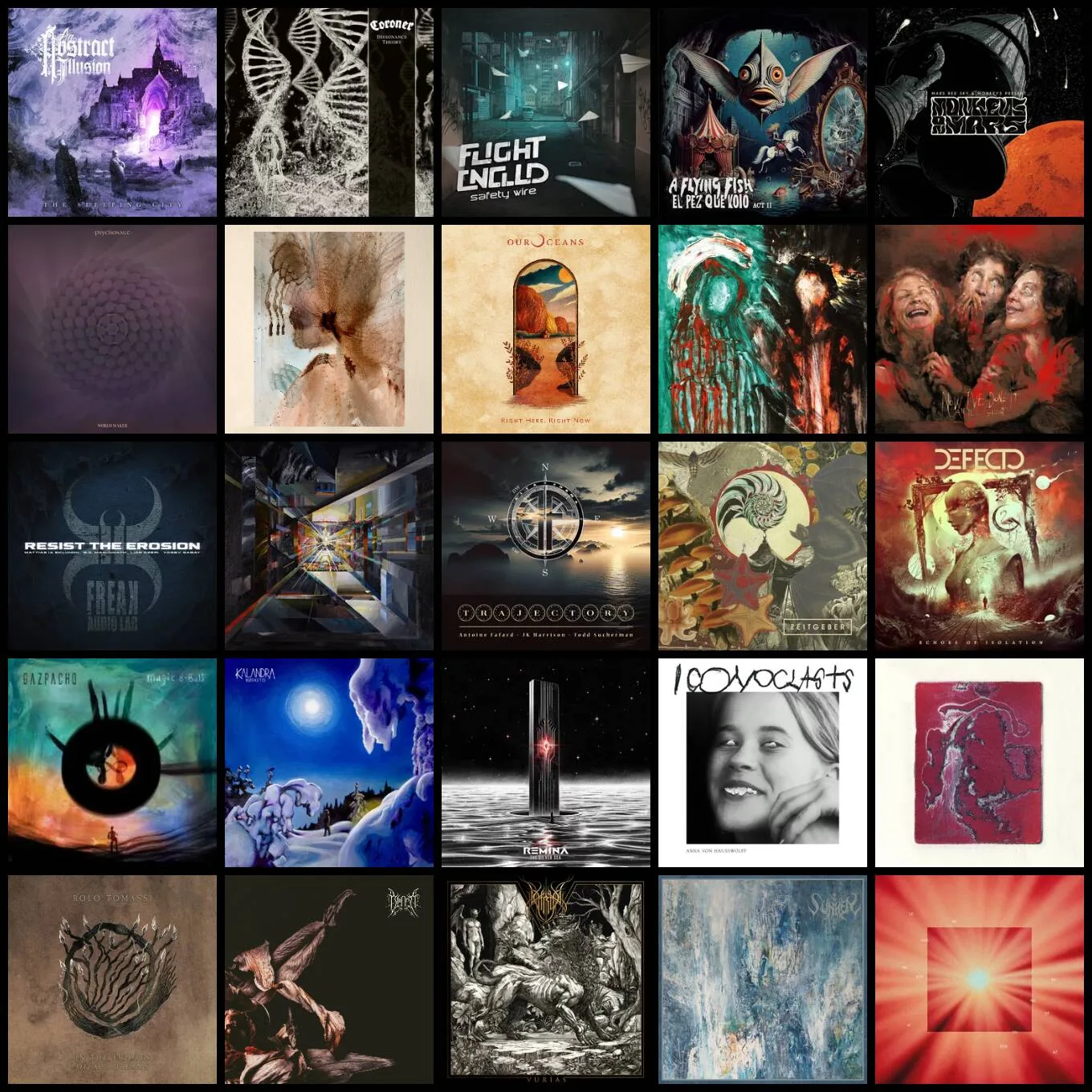
Dean Lamb of Archspire on the band’s past, present and future
Before Archspire’s show at the 4.8.2023 Free & Easy Festival in Munich, Germany, I got to sit down with their guitar wizard Dean Lamb to talk about the band’s past, present, and future, as well as a techy deep dive into the live gear needed for the Canadian band’s extreme technical Metal onslaught.
Archspire was formed 15 years ago in Vancouver, Canada, with Dean as a founding member. They have risen to critical acclaim based on pushing the limits of technicality in metal to state-of-the-art limits – each of the band’s members taking their instrument (and we’ll treat vocals as an instrument in this case) to virtuose extremes. With 4 full length releases to their name, Archspire has risen in popularity on the back of their increasingly sophisticated recent work, allowing a space for songwriting and accessability to merge into their sound at a carefully calculated dosage.
Beyond playing guitar in Archspire, Dean is an ever-active content creator on Youtube, showing himself (often accompanied by his also guitar-playing and extreme metal-loving wife Claine) learning challenging songs by other bands or just chatting about music and life in a podcast format.
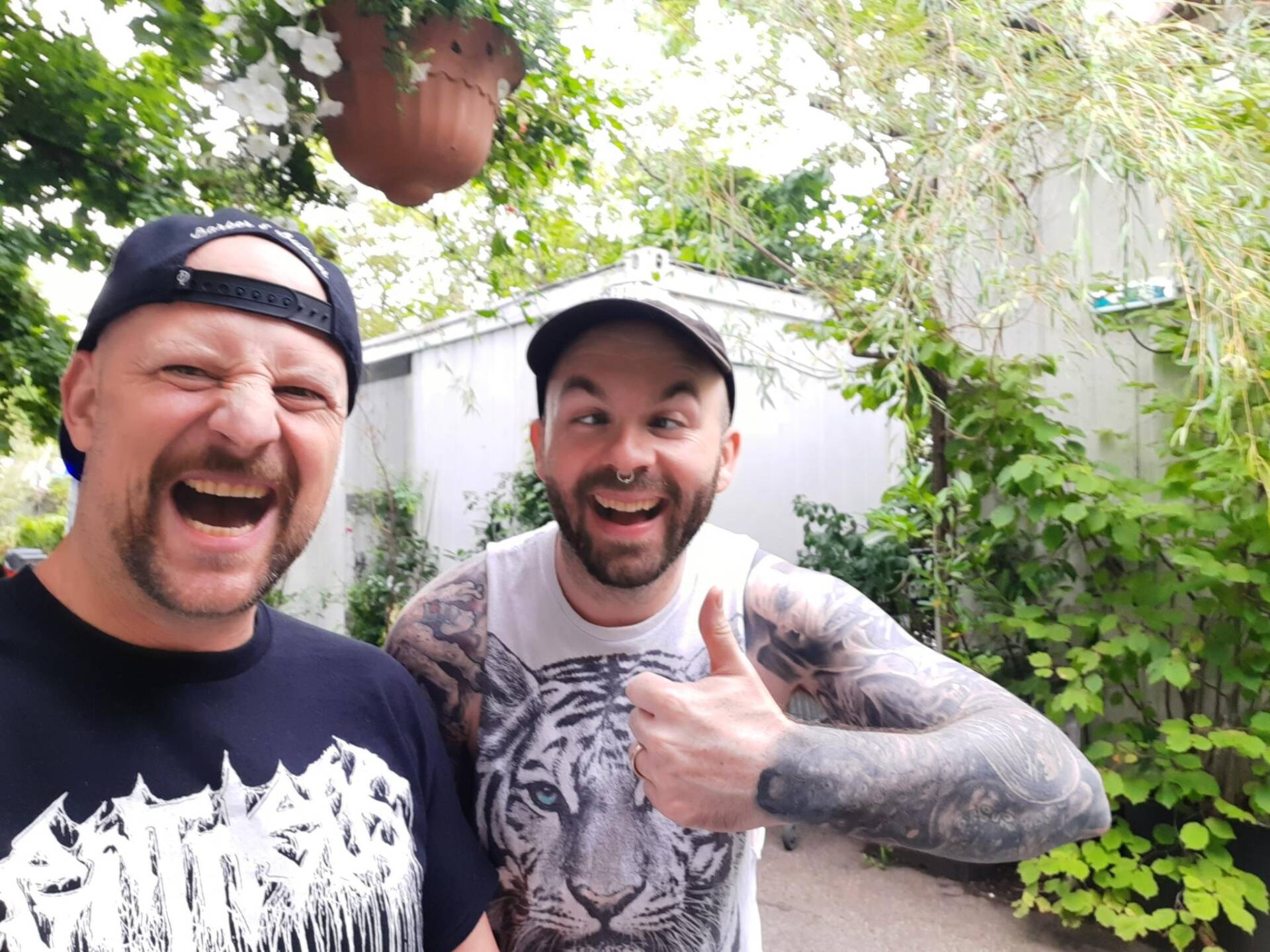
Hi Dean, thanks a lot for taking the time to talk! The first thing I’d like to ask is about the band in general. Not everything is readily available, especially about the early period of the band. What’s it like for you now to listen to “All Shall Align” [Archspire’s debut album from 2011]?
Oh [laughs] When we were recording that album, we were a very new band. I remember a lot of nights, because we could only afford night time recording. So you’d go into the studio at about 11 p.m. and get out about 4 a.m. And we all had full time jobs, doing construction, so you’d go there late, get out really early in the morning, sleep for a few hours, and then go to work… And we would do that a lot, so there’s a lot of us being tired in the album. If you listen really closely, there’s some riffs that have wrong notes in them – and I’m hyper aware of it! Although I think that this album still turned out as a really good representation of what we wanted to do – It’s very, very fast! It has some decently catchy melodies and hooks, it’s got our brand of weird, strange, surreal song titles and lyrics, but you can tell that the idea of the band wasn’t fully formed yet. There were all the signs of the things that we do now, buried in there: Oli’s [Oliver Rae Aleron] vocal style was rapid fire, very fast, but it wasn’t refined like it is now. Same thing with the guitar riffs: they were very technical, fast, but sort of all over the place. Now we’ve really tightened and honed in exactly what we want. And we kind of trimmed some of the weirdness away, that takes away from the actual essence of what makes a good song. When I listen back to that stuff, I think that I was very focused on proving something to someone. And now we just want to write good songs that just so happened to be very fast.
Everybody knows you have the chops, so then it’s no longer the main focus.
That’s correct. Yeah, at this point we’ve “proven ourselves” as musicians, so now we want to write really good, catchy songs, and we want to get to the most amount of people as possible within our sub-genre. We’ll never add melodic singing or elements that don’t represent what we love: We love extremely fast death metal with some “catchiness”, some hooks with super fast vocals, super fast drums, and really brutal guitars. This is our thing! So we’ve focused in on this, and we’re not going to change that any time soon.
So in the sense that was already there, but later it was more refined: There is also fretless bass on the album. What is your take on having fretless bass in this kind of music?
We switched to having a fill in bass player in 2015, he was a young guy named Clayton [Clayton Harder] – he filled in for us after our first bass player parted ways with us. He played a fretless and it made us think, is there something about the fretted bass that maybe is a bit more aggressive? We sort of started to look at it and thought, maybe if we have a fretted bass it will make it more in your face, more aggressive overall. It will just be sharper, the attack is stronger. And when we had Jared Smith join the band, we realized that might be an aspect that we were lacking. When he started recording with us, we realized there’s a big difference. The fretless bass sounds very interesting and unique, and it’s really great for progressive death metal – Obscura, Beyond Creation, Cynic; there are so many bands that do well with it. But our style of music is not “rounded”; it’s sharpt and flat at the ends. It has starts and stops that are cut, and that needs to be perfect. Fretless bass just didn’t serve that as well as we wanted.
‘Lucid Collective Somnambulation’ of 2014’s “The Lucid Collective“, featuring founding bass player Jaron Evil on fretless bass
Do you remember from the first two albums, the last time you played any of it live?
We played the song ‘Lucid Collective Somnambulation’ live for many years, up until maybe just before Covid. But you’re right, we don’t really play a lot from those albums. You get to a point in a band’s career where you think, we need to play this song, you got to play that song, and you run out of room. We just came up with an album less than two years ago and we haven’t played the full thing live yet. So we want to play as many songs off that album as possible. Right now we’re playing five. So we can’t cut any of those and we have three songs from the album before that we need to play. But for this tour we’re playing not all headlining sets, too. So tonight we’re playing in Munich with Shadow of Intent, and we have a 40 minute set, we can’t really do too much. But you’re right, we do play mostly stuff from the album “Relentless Mutation” and our newest one, “Bleed the Future“. We also feel like the first two albums don’t necessarily represent us as well, our exact vision of what the band is. Also we feel that we get the best crowd reaction from those songs.
So that’s a determining factor for the selection of the set?
Of course! We need to see the audience go, “oh shit they’re stoked on this song!” You can tell when the audience’s interest dips a little bit, and it’s always riding the wave of “okay, what’s the best way to keep the audience interested?” – while still pandering, still catering to the people that love our band, without dipping too much into a territory that bores half of the crowd. It’s an ongoing thing, and we’re never going to perfect it. But I do love the second album quite a bit. “Lucid Collective” [2014], I think that album has lots of awesome stuff, and there are actually two songs on it we’ve never played live and we’ve been talking about doing one of those songs – adding one of those songs to our list, for people that have been a fans of our band for 10 years. Because I think that they would really appreciate it. Something that is new for us and it would be familiar for them, but a new experience live. From the album to live, there are layers on the album you can’t always play in their entirety live. Going back and relearning stuff, your technique now is different than your technique then. And so you’ll end up playing things with a different flair. Yeah, I’m excited to try that out. We don’t know which song we’re going to add but we definitely want to add an older song into the rotation sometime.
Would be cool to kind of complete the history a bit maybe just with a single song.
Yeah, for sure. We even had an idea of where we wanted to do a B-Sides tour, where we’d play only songs the hardcore fan would know. And that’s an interesting idea as well. But we haven’t done that yet.
But then again you want to please the majority of them. It’s a tough thing. Do a gimmick for just a part of the fans? What I’m interested in, you mentioned in the Gear Gods songwriting interview a lot of influence of neoclassical music. What’s your approach to that to make it work in your style of music? The reason I’m asking is, to me oftentimes it tends to be kind of cheesy. It sounds like a wanky. But it doesn’t so much do it with you guys. How do you approach it?
I think that the drums are a huge part of making neoclassical stuff sound cheesy, or sincere and aggressive. When you listen to Yngwie Malmsteen, who is one of my favorite guitar players, the drums are not a highlight. The drums are just going [sings a dead simple drum groove]. It doesn’t push it. It doesn’t elevate. So he’ll be playing the craziest stuff, but you don’t get the aggression that a drummer like our Spencer [Spencer Prewett] would have. You have this new element added to ripping off those composers – J.S. Bach, Mozart… which we do quite a bit. Lately we’ve been playing quite a bit with layers. So when you layer a really dark melody underneath of some neoclassical riff, sometimes you can make an old thing sound a bit more new and fresh incorporating more exotic modes and scales rather than doing your typical melodic or harmonic minor.
So it’s not all inside the key of the melody. In that way it doesn’t sound quite as known.
The typical thing for neoclassical to do is harmonic minor. You do a natural minor thing and then you do harmonic minor [sings a typical pattern]. But it’s overdone. I love the sound of it, but I understand too that you can only do it so much before it gets boring. Oftentimes it just takes one note to make it slightly different, and sometimes that note is a happy note. Sometimes you add in a happy sounding thing for just a brief period, and it makes all the dark stuff sound even darker. That’s the fine line that you have to walk with composition: adding a bit of brightness to add the contrast. And it’s tough when you’re playing music this fast, because that one note might go by in the blink of an eye.
Full 2 hour interview of Dean and vocalist Oli on how they wrote “Bleed the Future”
So it has to be present enough to catch on, but not too much so it makes the music happy.
Yeah, and adding a melody underneath of a fast thing oftentimes gives the audience something to ground themselves to. So you set a context, you set a drone note, you set something so that the fast thing on top is accompanied by something else that makes it a bit more sense, is a bit easier to grab onto. It makes the music a bit more listenable, because I understand how unlistenable our music is sometimes…
I would liken it to eating spicy: For somebody who eats a lot of spicy food, a scorching hot dish can taste great, whereas somebody who’s never eaten spicy before would be turned off. You have to be acustomed to it.
That’s true. We played a show yesterday in Slovenia and our vocalist, Oli, said “thank you so much for putting up with our obnoxious music for the last 40 minutes.”
You just came up with a really crazy and very intense, elaborate video for your song ‘Bleed the Future’. How did that turn out to compare to what you’re trying to do?
We made it too gory! And so YouTube won’t show it to people.
It is very gory…
It’s too age-restricted and it’s not being shown. If you’re reading this, please go watch our new music video.
The aforementioned video for ‘Bleed the Future’ – but you have to view it on Youtube and be old enough to be entrusted with the oozing gore! Click here go get to the video directly
You still should watch it because I think it is a piece of art. It extends the music beyond just the listenable part, really adding a whole story to it.
We spent a full year from the day that we came up with the idea, to the script writing, to coming up with who we’re going to work with and figuring out the visual effects, the practical effects, to figuring out the stunt performers, the venue, the extras, the cinematographer. The amount of work that went into that… We’ve wrapped up filming three and a half months ago, and it just came out now. It was so much work. We are very proud of the video.
It seems like a big deal. You are a high profile extreme metal band, but you’re still an extreme Metal band. For you to have a video like this, it’s just awesome.
We still consider ourselves a small band in the grand scheme of things, too. We’re doing something crazy; it’s a very niche genre. People still don’t really know about the band or the genre as much.
You think so? That’s actually a good segue to the next topic. Like your recent Juno Award. I had never heard of the Juno Award, so I’m questioning: Who is getting more publicity from you winning it? At least in your home country you seem to have quite a status!
I’m going to let you in on a secret: The reason why we won that award is not because we were the best band that was nominated – It’s because we’ve been touring Canada for almost 15 years, and we just so happened to have met a bunch of people that voted for that award. We didn’t know that. We didn’t talk to anybody beforehand. I didn’t know anybody. I didn’t know that people that I knew were voting for bands. So we were up against one of the biggest Metal bands right now, Spiritbox. There’s no reason why they shouldn’t have won. But it’s just because we had put in the time in Canada. That’s the reason why. We love Canada. And this is an award that means a lot to us, and it means a lot to extreme metal bands. I think not only in Canada. It’s a televised event, on Canadian national TV.
It’s a mainstream platform.
Yeah. This is the second time we’ve been nominated, the first time we’ve won. And when they play even just a small clip of audio of extreme Death Metal on the Canadian Broadcasting Corporation, that’s a win for everybody. It’s the same win that bands like Lorna Shore are giving to all the other extreme metal bands right now. They’re so huge and that helps everybody. When any band does anything to raise awareness to their genre, I think it’s a really good thing, so I think everybody kind of won. The people they were nominated with as well: Brand of Sacrifice is a great, great new band. I mean they deserved to win just as much as we did. I hope that they also feel that they are part of the win because we all, as a community, win when that happens.
From the outside view, it seems like your popularity is picking up tremendously, especially with “Bleed the Future”. The reception seems to me very big, at least around here. For the extreme metal people, you’re becoming a major highlight to come through. At the moment, you don’t seem like a regular extreme metal band. There’s still a difference. Like you’re doing something unique. There are other extremely technical bands, and you’re still not the same thing. I would expect as you’re being successful, there are going to be others that are very inspired by it. There are likely going to be more “Archspires” coming up. So as you’re going to write some new material in the future: What will be your take for that? Are you going to be looking into changing things up, further developing your style? Or have you arrived to your “final destination”?
It’s a tough thing about writing music this far in a career of a band, because we’ve been a band for almost 15 years. Not only do we have to not rip off other bands when we write music, we have to not rip off ourselves. And so every riff that you write is now twice as difficult to write. You go, “this sounds really good.” And then a week later, you figure out, that’s actually the riff from this other album! It becomes more time-consuming. But I still think that we have more to say in the genre. We don’t have any plans to broaden what we’re doing. We have plans to refine. The magicians Penn and Teller, talk about one of the best things about performing live is doing the same thing 100,000 times – and getting 0.01% better at it every single time. I think that there’s still some refining that we can do in our writing process. And I think that there’s still something else that we have to say that fans of the band will really like. It will seem like a step up in many ways, in production, in technique, in playability, listenability. As far as adding something, we’re always interested in experimenting with new vocal techniques, and new ways of incorporating catchy melodies. But we’re still writing music in the same jam spot. We’re still writing music in the same way. We haven’t incorporated anything new. Just five guys writing music in a room. And hopefully it’s good.
“Bring back the Danger”, the making-of video to 2021’s album “Bleed the Future”
So it’s a matter of taking the recipe and refining it. You’re not going to get much faster? It won’t get better if you go much faster?
There’s obviously a limit there. But we will always try to go faster. On “Bleed the Future”, there is a song at 400 BPM.
‘A.U.M.’, the aforementioned 400 BPM track from “Bleed the Future”
That’s the fastest song we’ve ever written. It’s also the shortest song we’ve ever written, because it’s so fast. We love to challenge ourselves with that. When you’re writing in that speed range, it’s extremely difficult to find something that everybody can play. Because guitars at 400, the limitations are different than drums at 400. So you’re trying to thread the needle of what is possible for everybody. We’re just going to try and keep doing what we like doing – until we don’t like doing it anymore.
I’d like to also ask you some purely technical questions: So for this tour, you’re mostly doing festivals, compared to the last one, which was a club tour. Do you bring your own gear from home or do you have gear that you take from Europe?
We play with in-ear monitors, so that means we have headphones that we can listen to recordings, have a metronome, we have automated things that will help us play our set better.
You’re running a completely silent stage?
It depends on the show. But yeah, for the most part, it’s a silent stage. There’s no speaker cabinets on stage unless we have them at the venue. But it doesn’t really matter, we can go without. So we bring our guitar amplifiers, we bring our own guitars, we bring our in-ear monitor mixer, as well as our wireless transmitters for that mixer. And a couple other small things, drum cymbals, vocal mic. And then we rent the drums and we rent a lighting package on stage that’s programmed to our set. So all in all, we probably have about 16 pieces of luggage that we bring with us from home and put it all together. And hopefully it works. We didn’t really have time to rehearse on this one. So we were on stage at the first show, which was Metal Days Festival in Slovenia. We hadn’t turned on our gear since we left. We just crossed our fingers and hoped for the best. And it all worked out. But you never know, because sometimes you press that button and it doesn’t turn on.
It sounds like there are plenty of things that can go wrong.
At this point, the only thing I think that any of us really get stressed out about is gear not working. We don’t care if we mess up on stage. We don’t care if something goes wrong. We forget a song. We forget something. Who cares? It’s our gear not working – that’s the scariest thing. Because then you have to troubleshoot on stage. And you have to think critically while you’re in a moment of heightened adrenaline. And a whole bunch of people are waiting here.
…and a whole bunch of people are waiting!
There’s a time limit for your set. That’s the scary thing. Once you press spacebar on the laptop and start the set, all my fears go away!
I suppose that’s also something to pick the right gear that’s reliable so that you can trust it. Then for festivals as opposed to club shows, how does it change the kind of gear that you have to bring?
It doesn’t really change too much. It’s a system that we built over many years, that is as light as possible so that we don’t get charged extra fees at the airport. It’s very small and compact, so we can put it anywhere on the stage. We can play with this setup at a 150 person club or at Hellfest!
One last thing, especially for fellow bass players: As you’re playing 8-string guitars, what’s your take on the bass with the same octave like in Meshuggah, or going an octave lower with a very low tuning?
Well, our bass player [Jared Smith] typically plays in drop A for most of our stuff, on a 6-string bass. So our octaves cross over quite a bit. But we’re not really that kind of band. I don’t really play my low string very much. There may be a couple times per song. I don’t think about it like an 8-string guitar. I think about it like a 6-string guitar with octaves below. I still think about all my same 6-string chords. All my theory knowledge is still 6-string based. People look at it and they get really intimidated. They go, “how do you play this? I could barely play a 6-string!” and I go, I can barely play a 6-string! Nobody can really play an instrument. There’s no level where you’d go, “I’m done. I’m okay, I can play it perfectly.” That’s the beauty of it. It’s easy to play, difficult or impossible to master. So, at any point, you’re at some spot along the journey of getting better at that instrument. It doesn’t matter if you add more strings or take them away. You’re still learning and you’re still getting better. And for me, my visualization is still in a lot of ways from when I was 17, 18, still learning the guitar for the first 5 years – understanding what theory is and trying to start teaching people how to play. It hasn’t really changed very much, I just added two low strings that I think sounded pretty good. I just try not to bump them when I’m playing leads, because they go [makes a brrrrr sound], and it makes everything sound like shit.
Anything that you would like people to know about it?
We’re touring Europe throughout this August [refer to the tour dates below]. Later this year, we’re going to be in Japan for four shows. We will be in Australia with Ingested supporting us for six shows. And we will be supporting Periphery across the US for two shows in November. And please go watch our new music video for the song “Bleed the Future”. We would really appreciate it. And stay tech!
Thank you very much!
Catch Archspire on their ongoing European tour:
03 Aug 23 Velenje (SI) Metaldays
04 Aug 23 Munich (DE) Backstage *
07 Aug 23 Dresden (DE) Reithalle *
08 Aug 23 Kraków (PL) Kwadrat **
09 Aug 23 Warsaw (PL) Hybrydy ***
10 Aug 23 Schlotheim (DE) Party San
11 Aug 23 Jaromer (CZ) Brutal Assault
12 Aug 23 Bremen (DE) Tivoli #
13 Aug 23 Kortrijk (BE) Alcatraz
14 Aug 23 Schweinfurt (DE) Stattbahnhof %
15 Aug 23 Bochum (DE) Matrix %
16 Aug 23 Tilburg (NL) 013 #
17 Aug 23 Dinkelsbühl (DE) Summer Breeze
18 Aug 23 Spital am Semmering (AT) Kaltenbach Open Air
20 Aug 23 Carhaix (FR) Motocultor
* (w/ Shadow Of Intent, Within Destruction & Cytotoxin)
** (w/ Fit For An Autopsy & Within Destruction)
*** (w/ Signs of the Swarm)
# (w/ Converge & Dying Fetus)
% (w/ Dying Fetus)
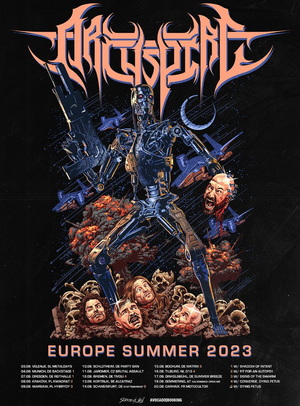
Archspire Japan 2023
Oct 05 – Osaka @ Socore Factory
Oct 06 – Nagoya @ Imaike 3Star
Oct 07 – Tokyo @ Cyclone
Oct 08 – Tokyo @ Cyclone
Archspire Australia 2023
(W/ Ingested & Werewolves)
Oct 11 – Brisbane @ The Zoo
Oct 12 – Canberra @ The Basement
Oct 13 – Sydney @ The Factory Theatre
Oct 14 – Melbourne @ The Corner Hotel
Oct 15 – Adelaide @ Lion Arts Factory
Oct 17 – Perth @ Amplifier Bar
Archspire U.S. 2023
(Supporting Periphery)
Nov 04 – Anaheim, CA @ House of Blues
Nov 18 – Worcester, MA @ The Palladium
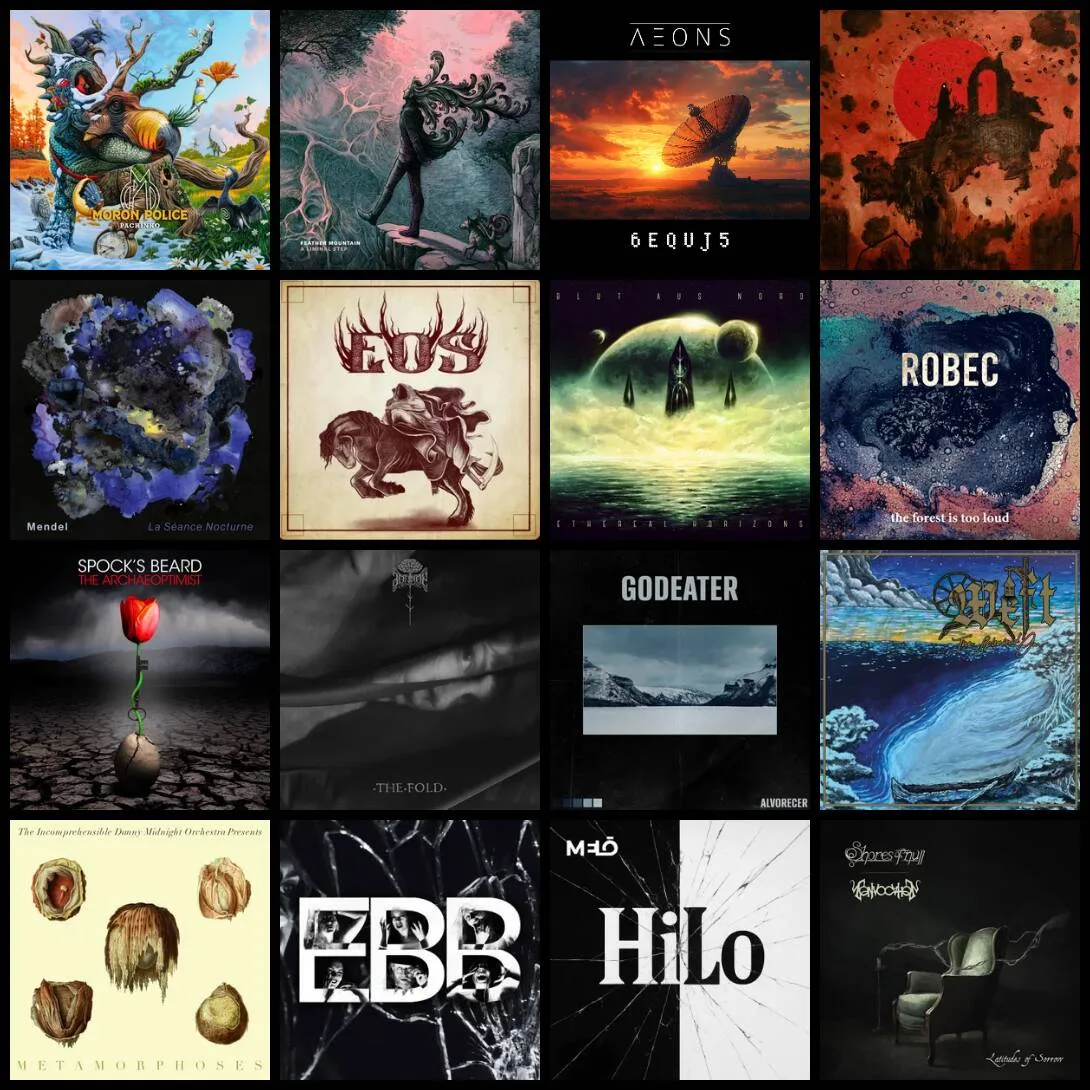
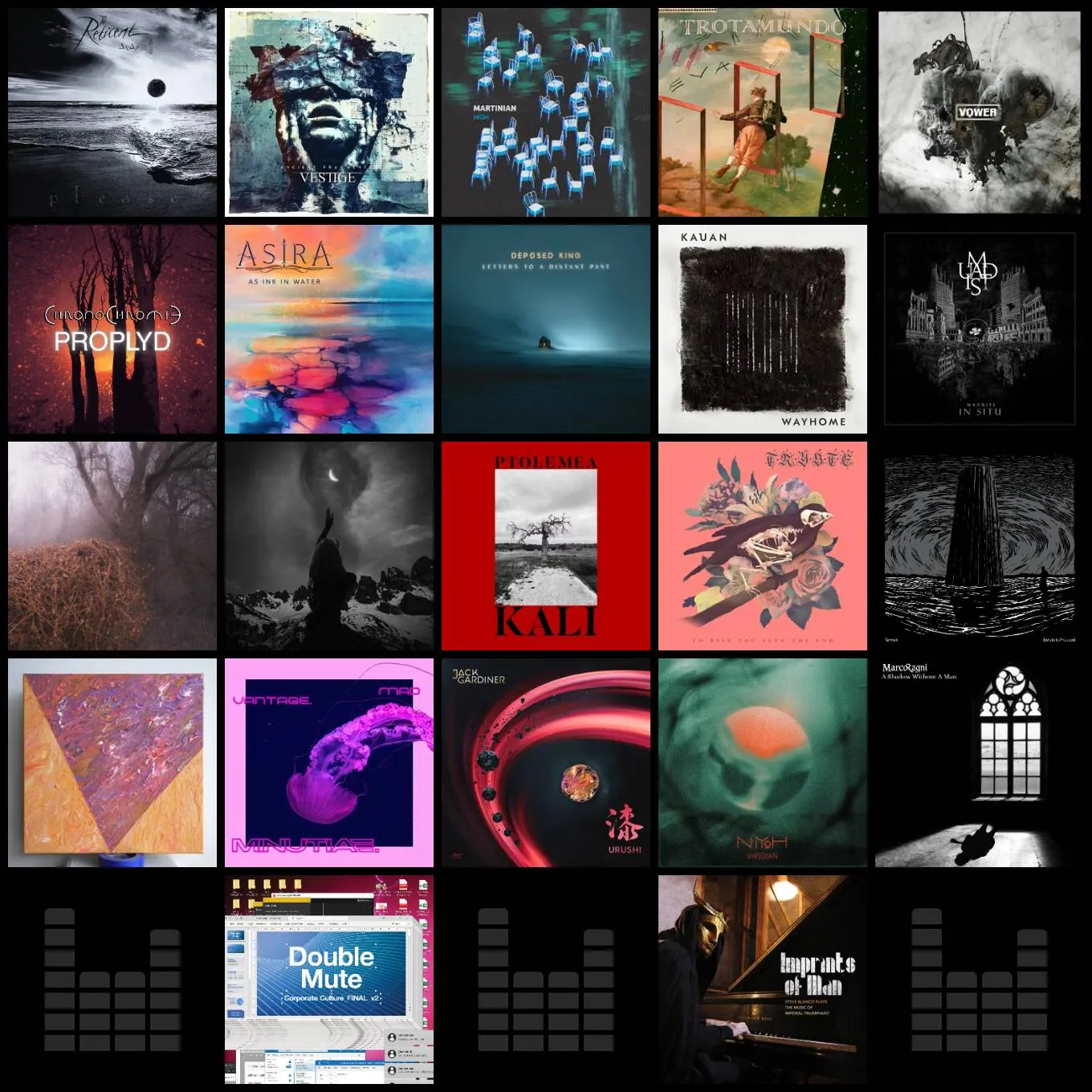
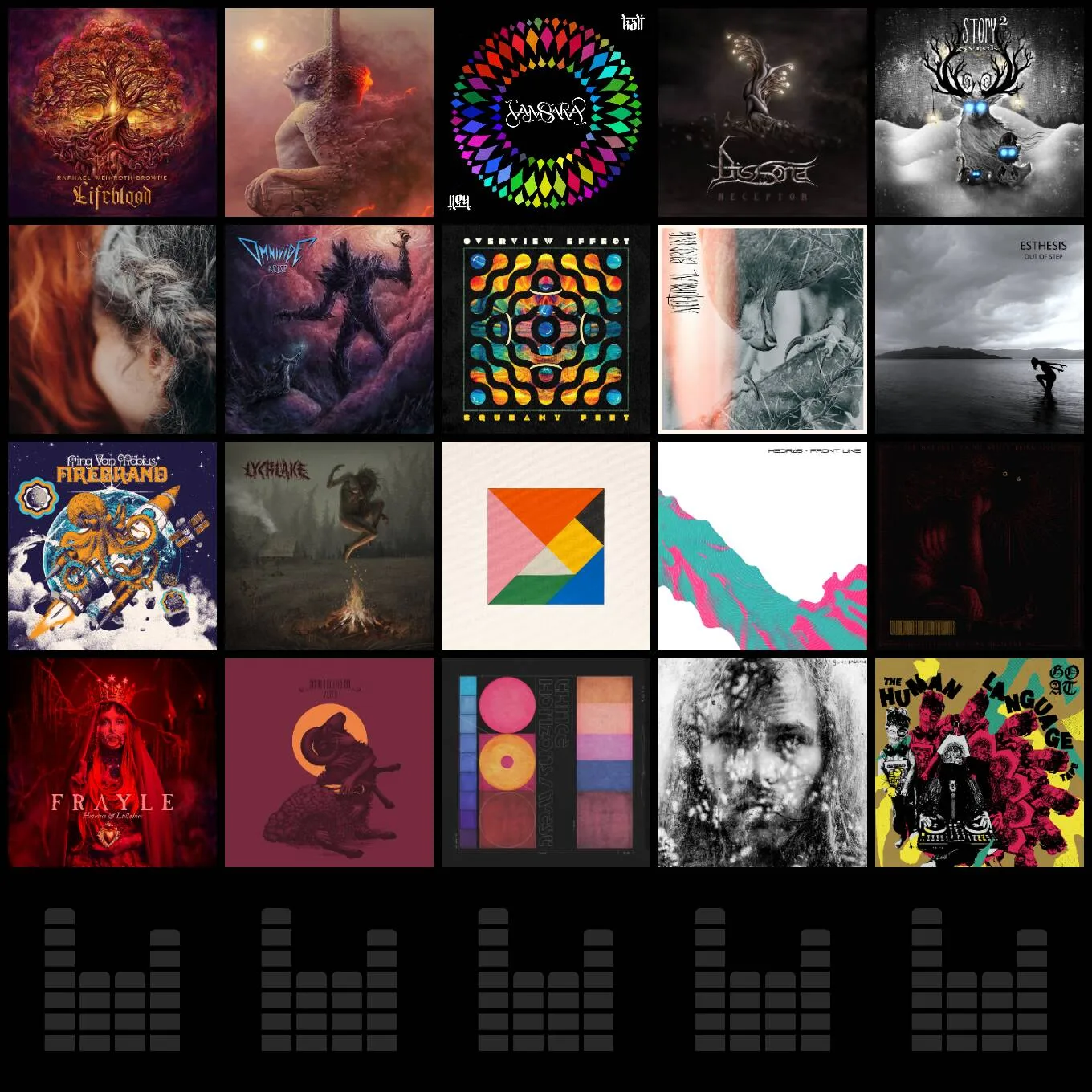
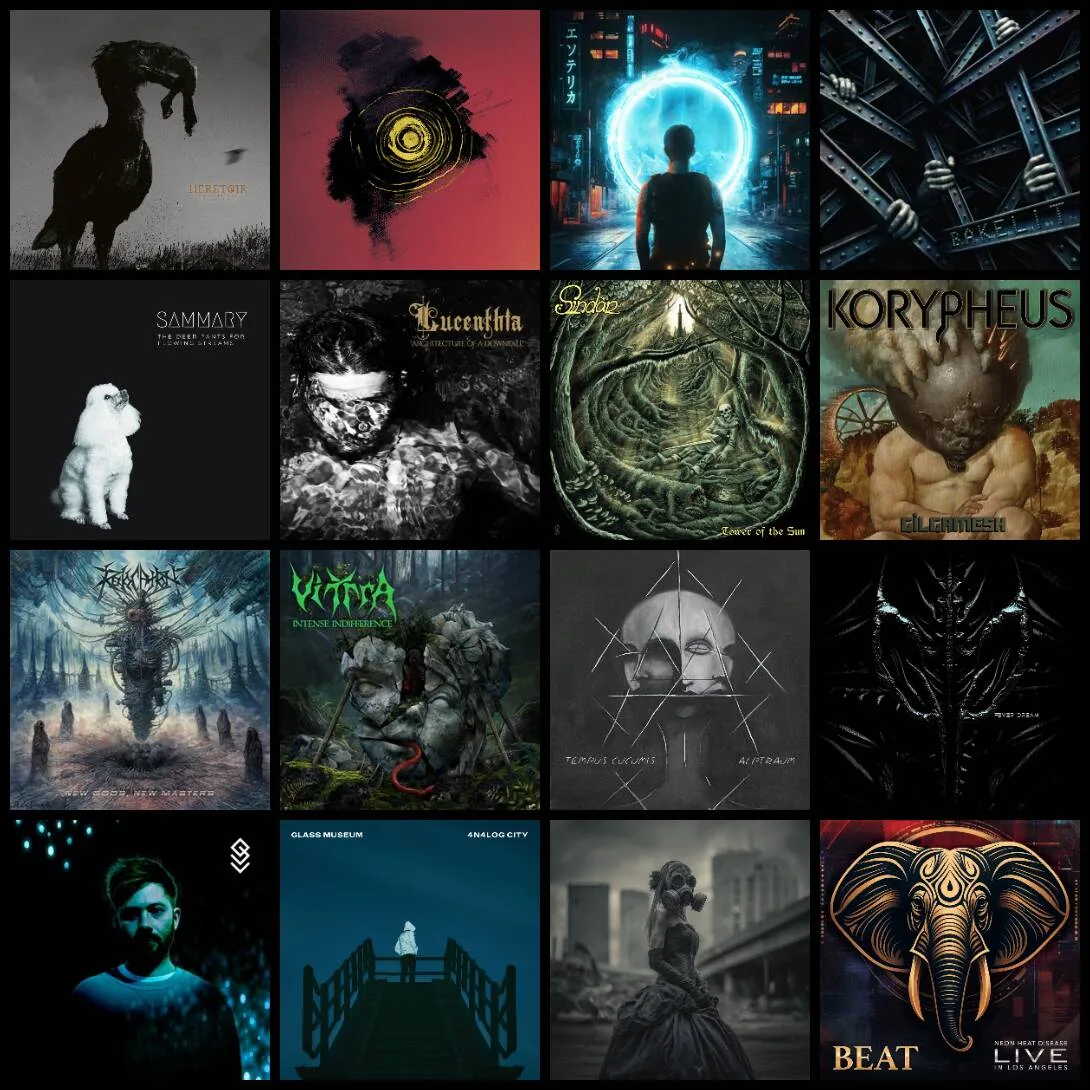
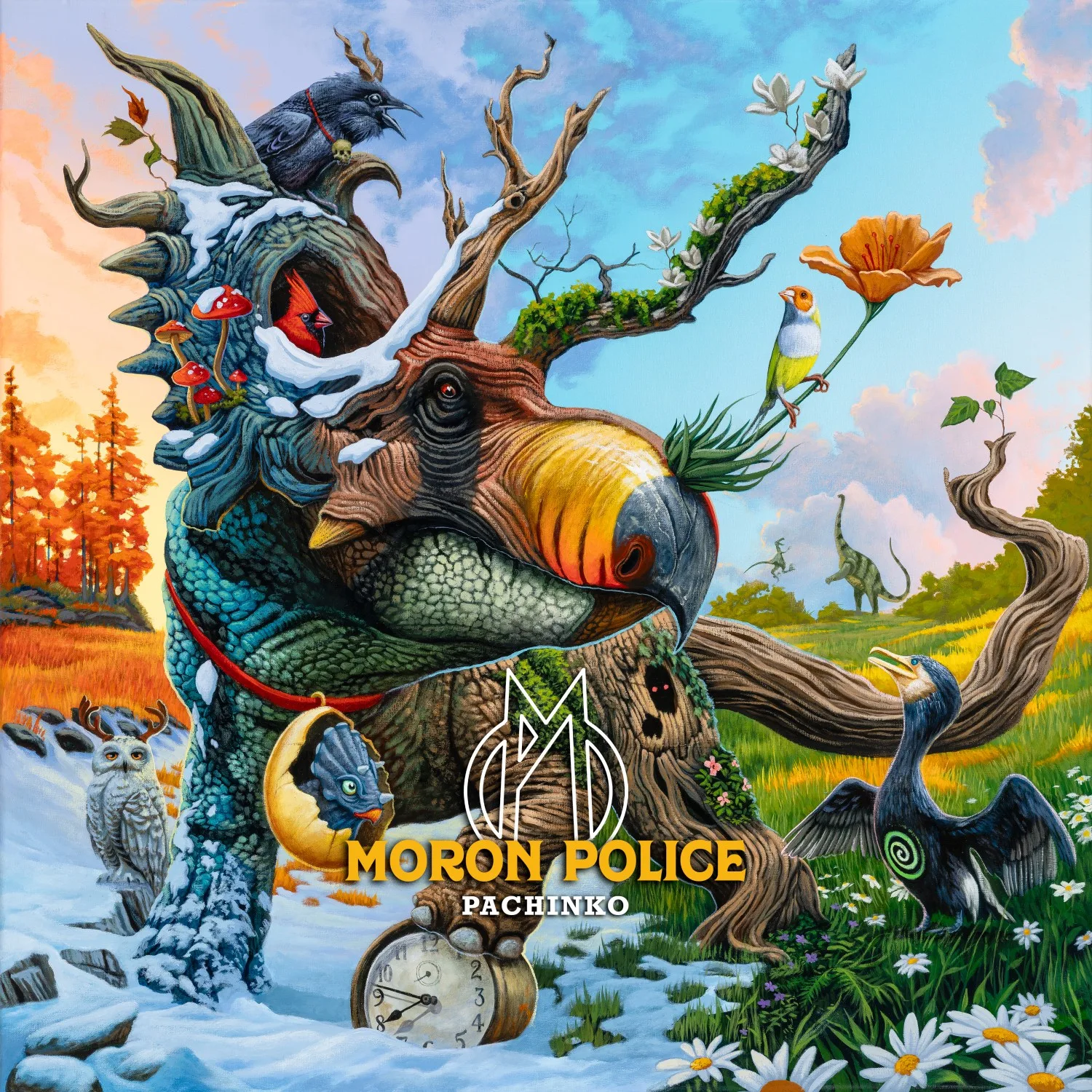
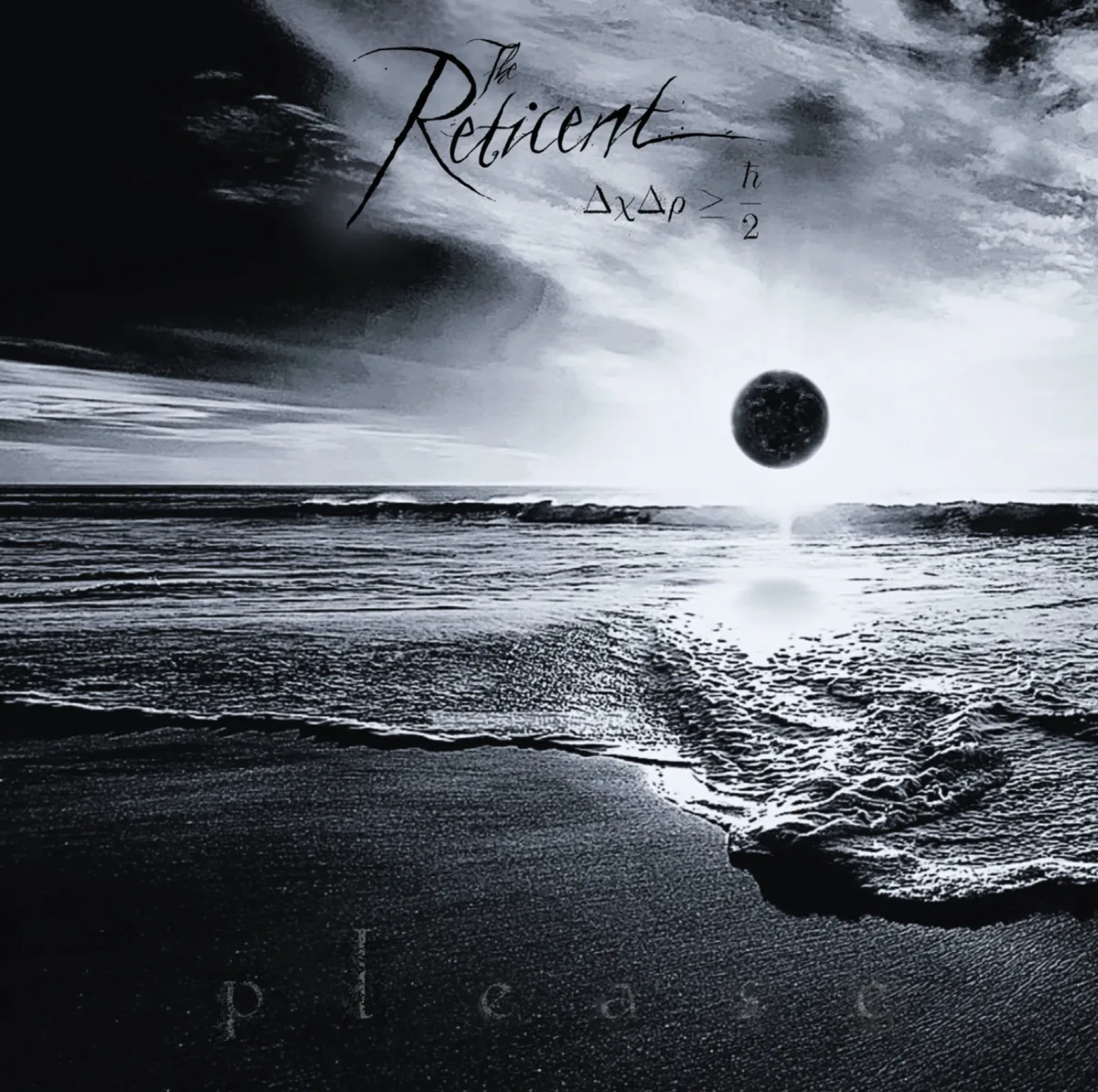
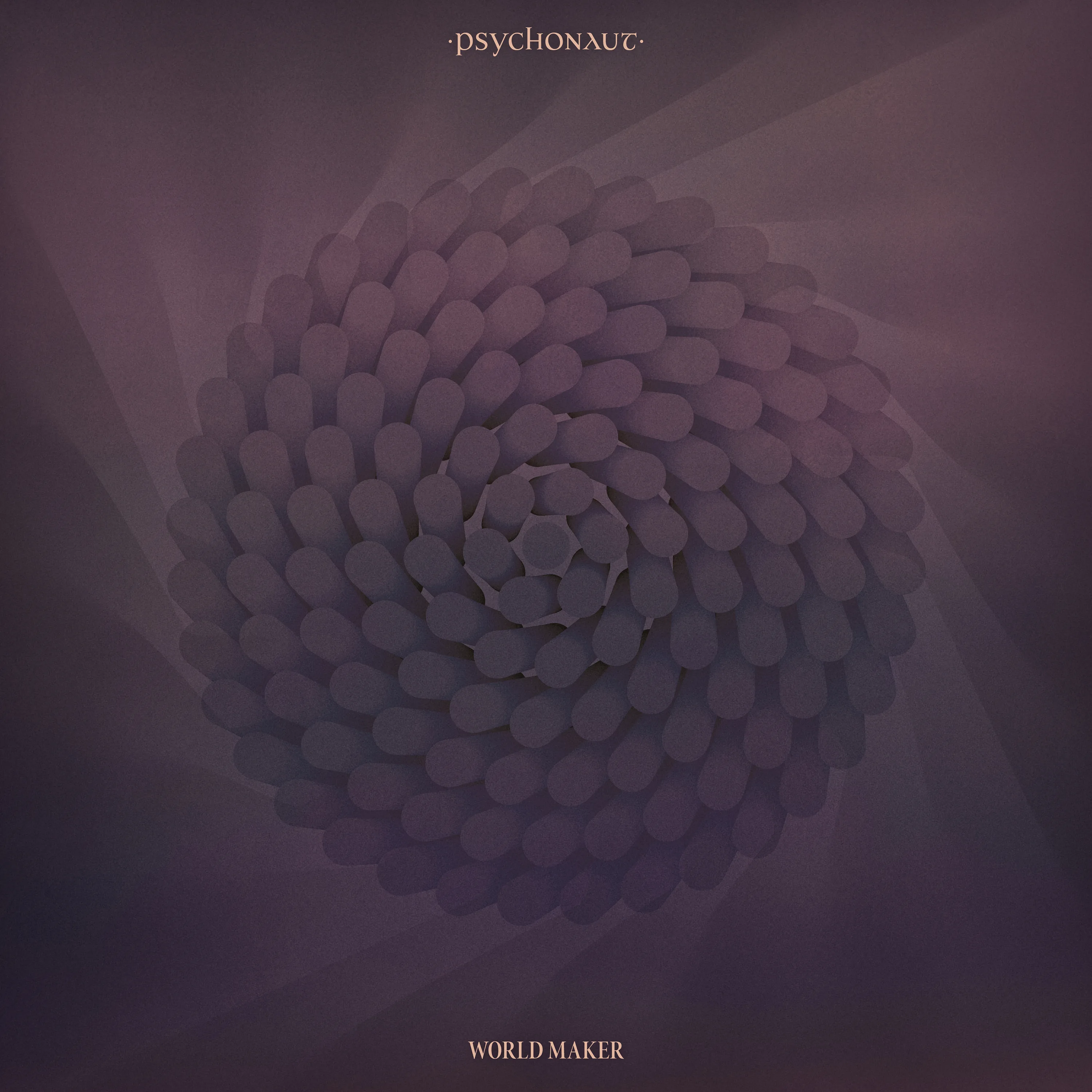
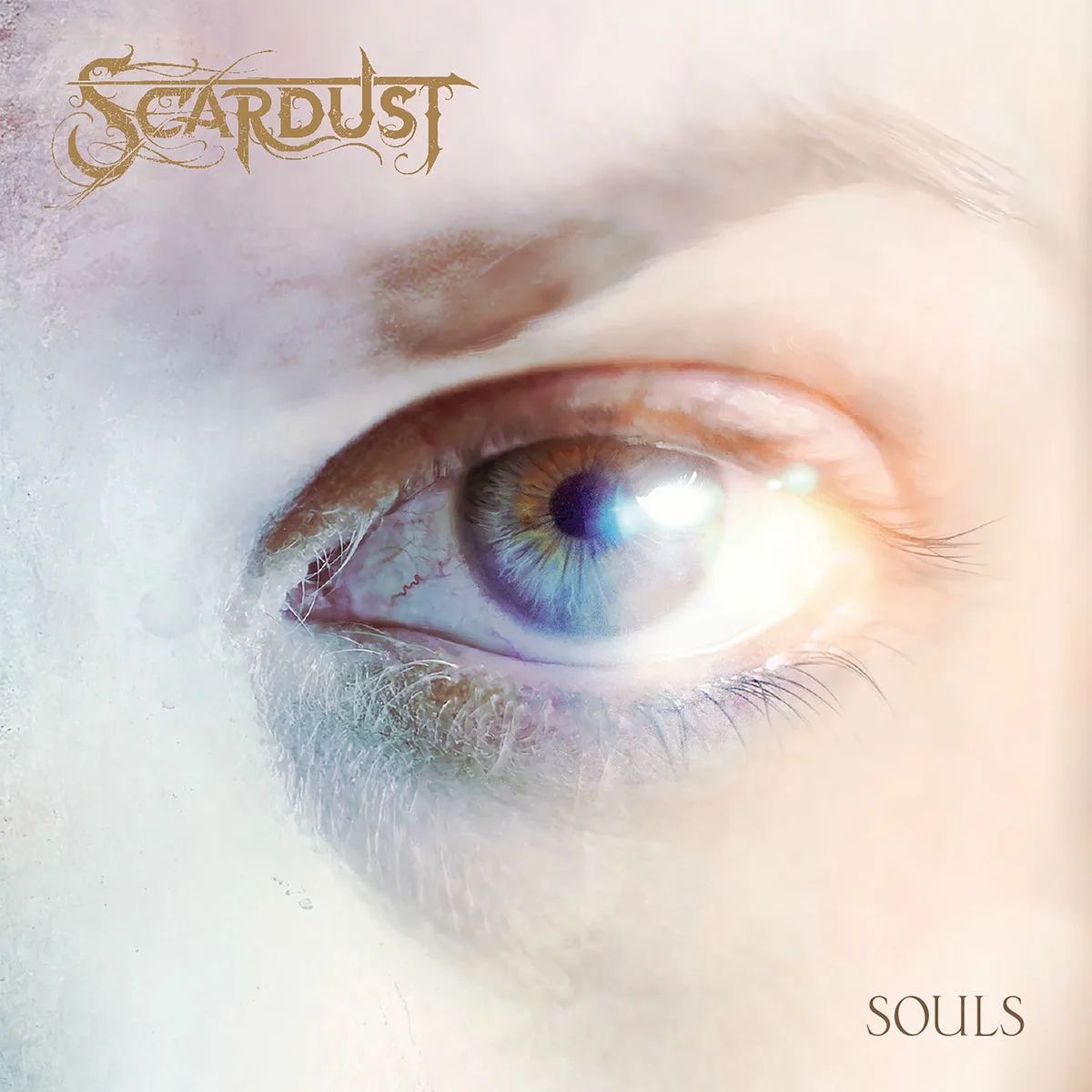
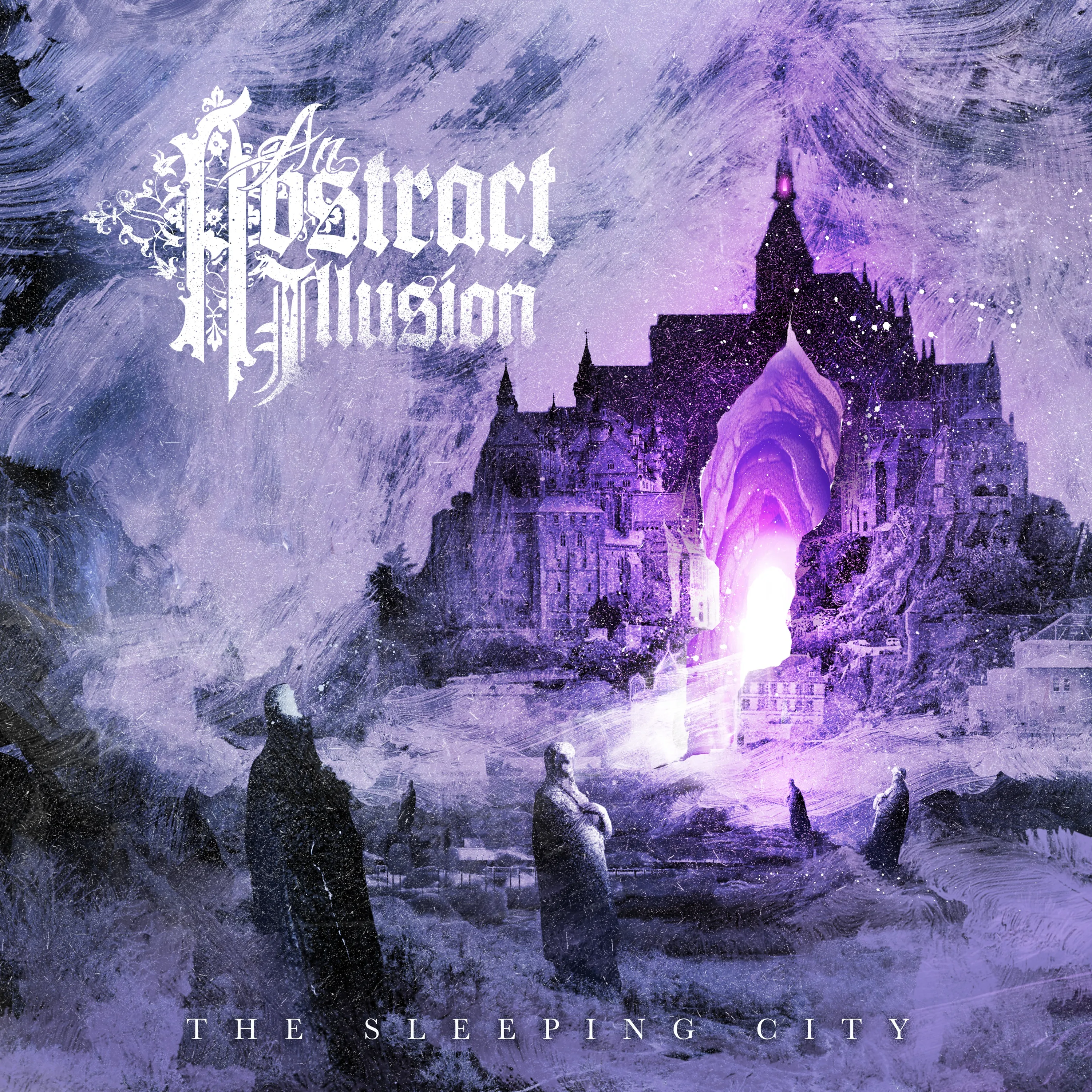
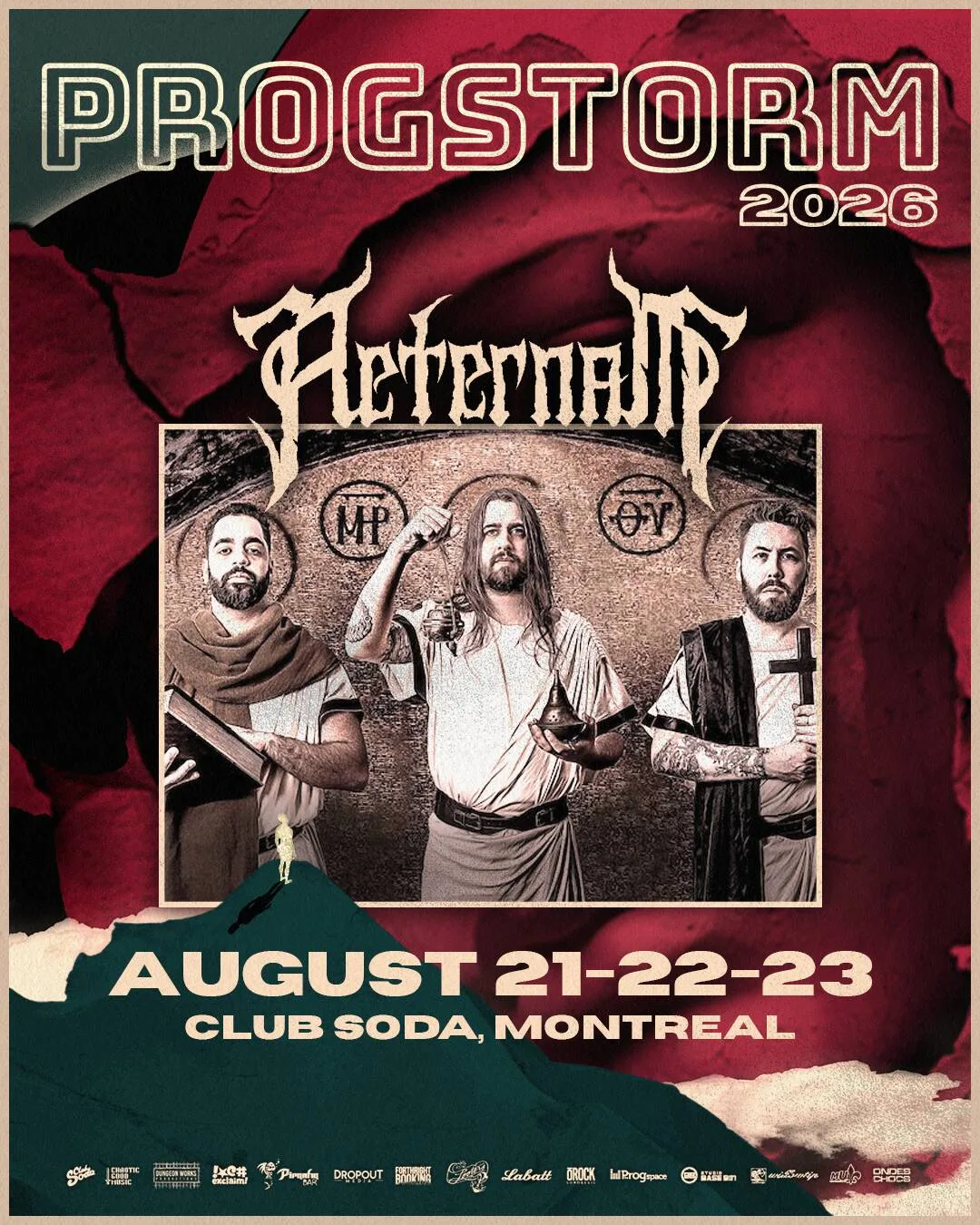
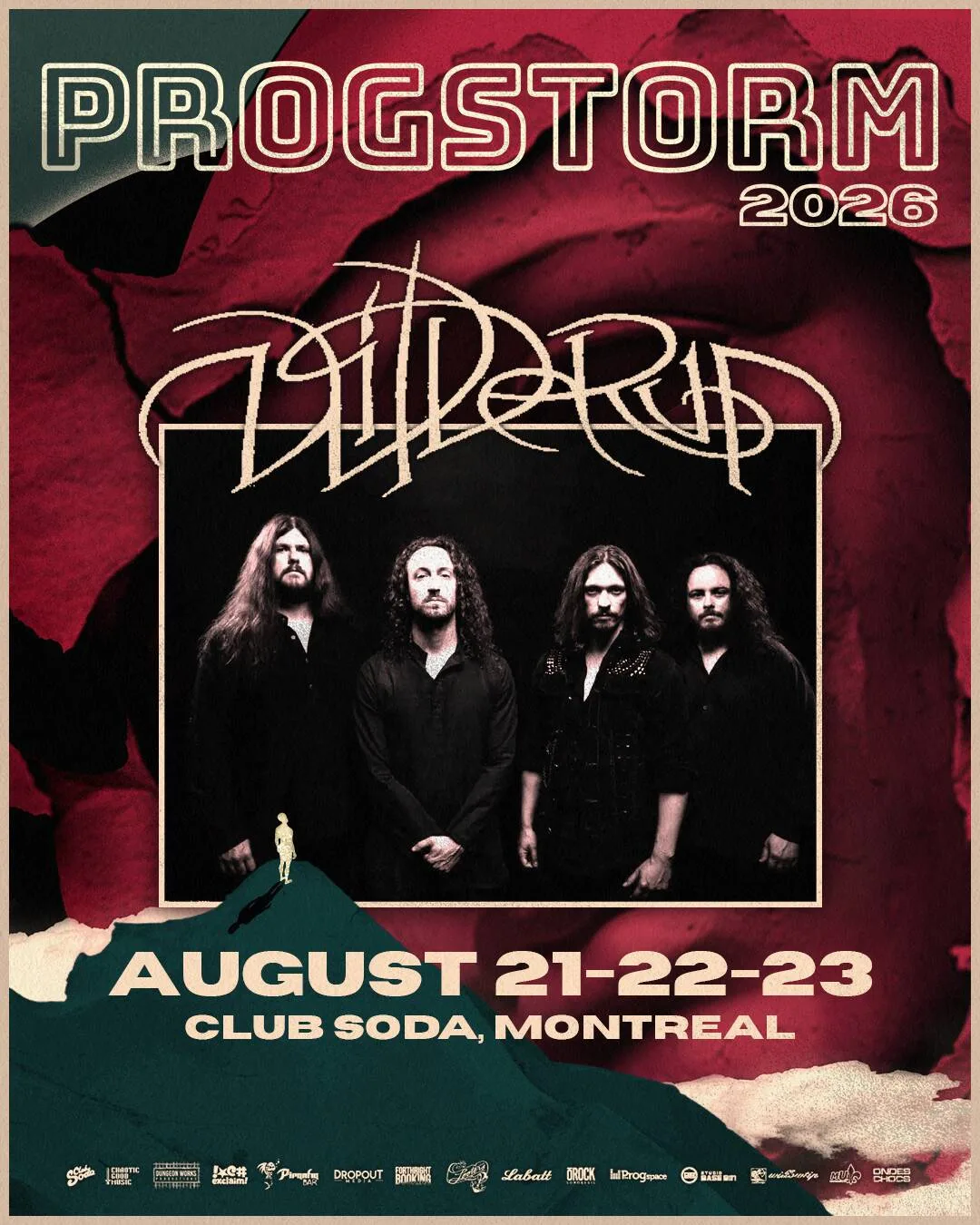
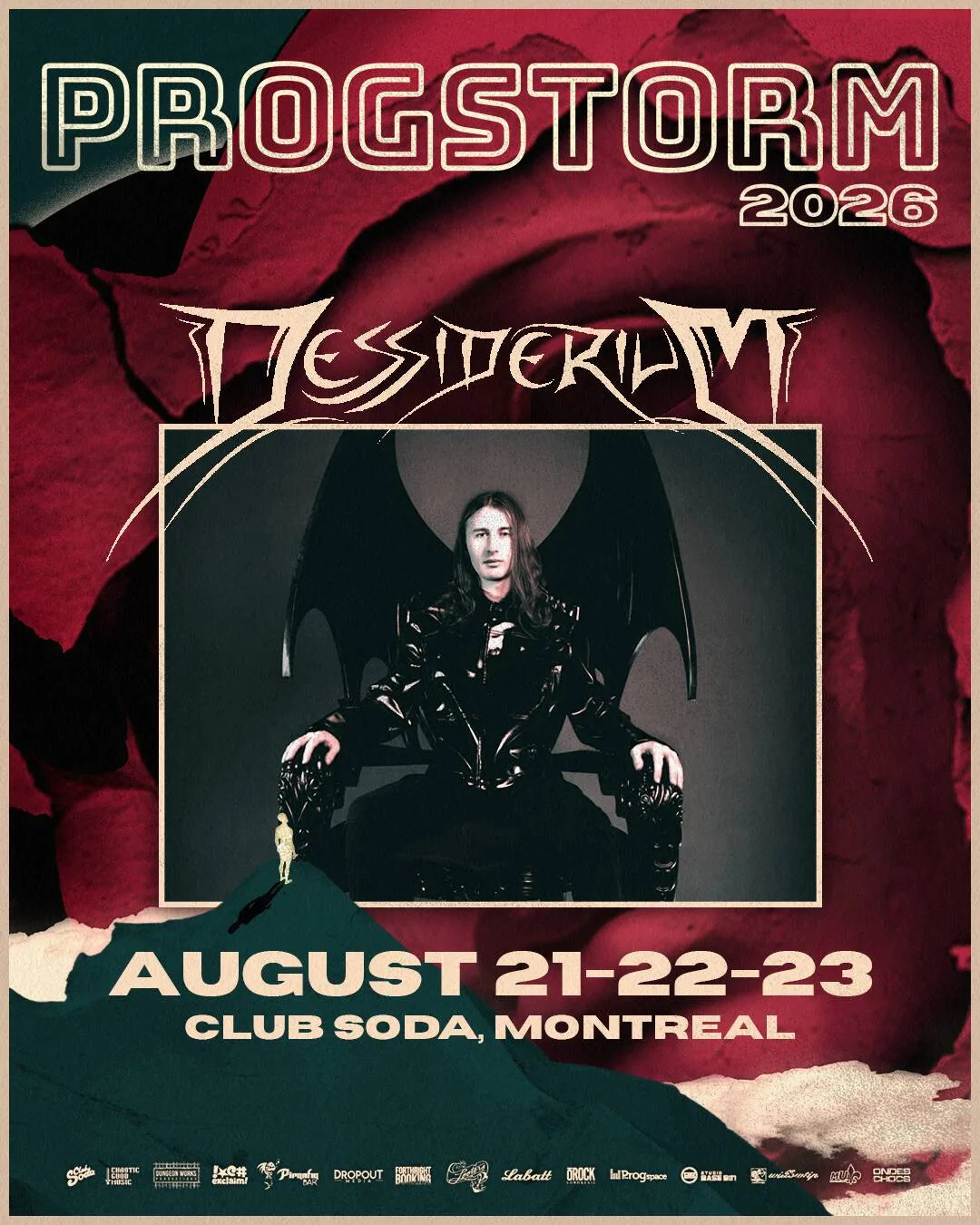
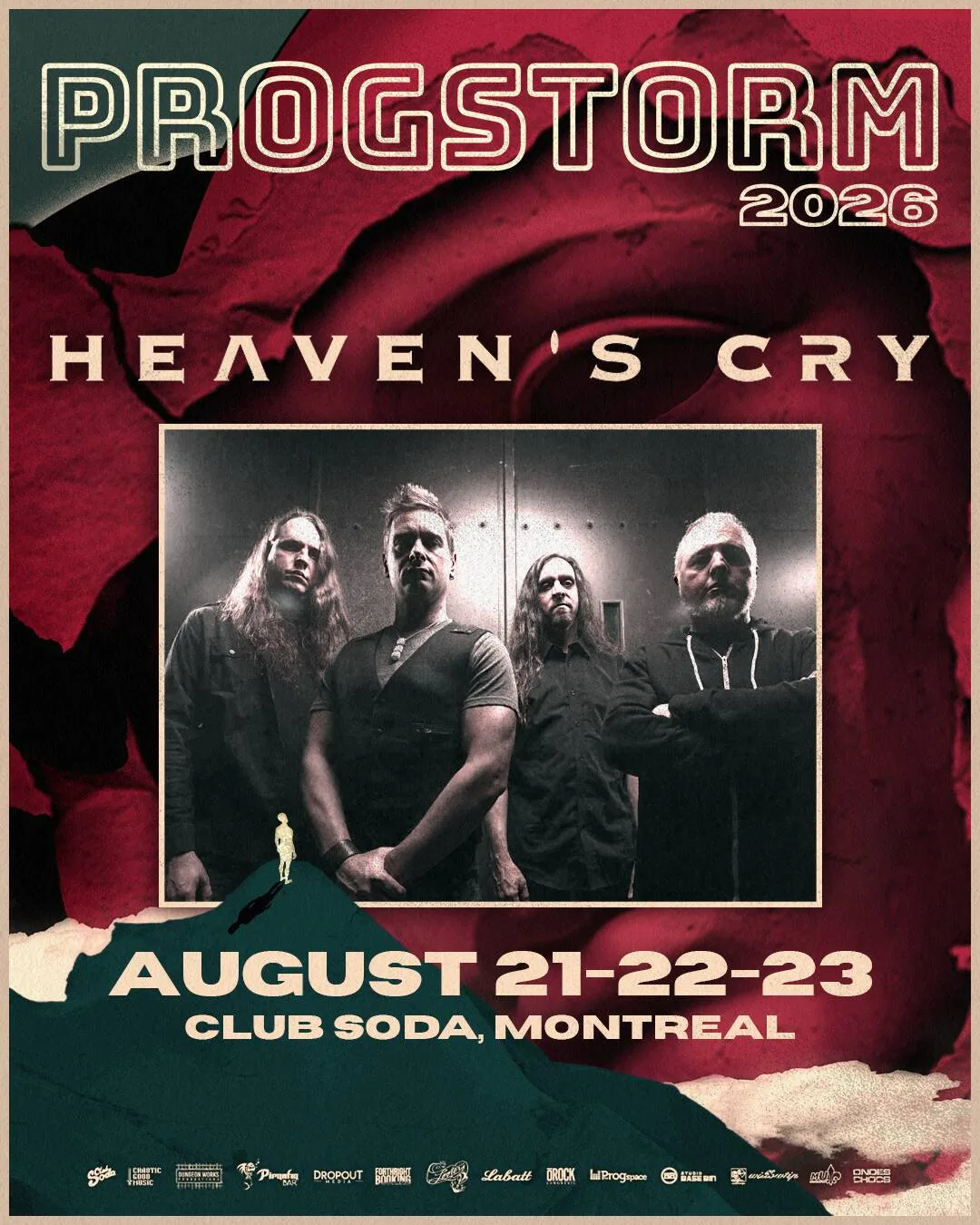
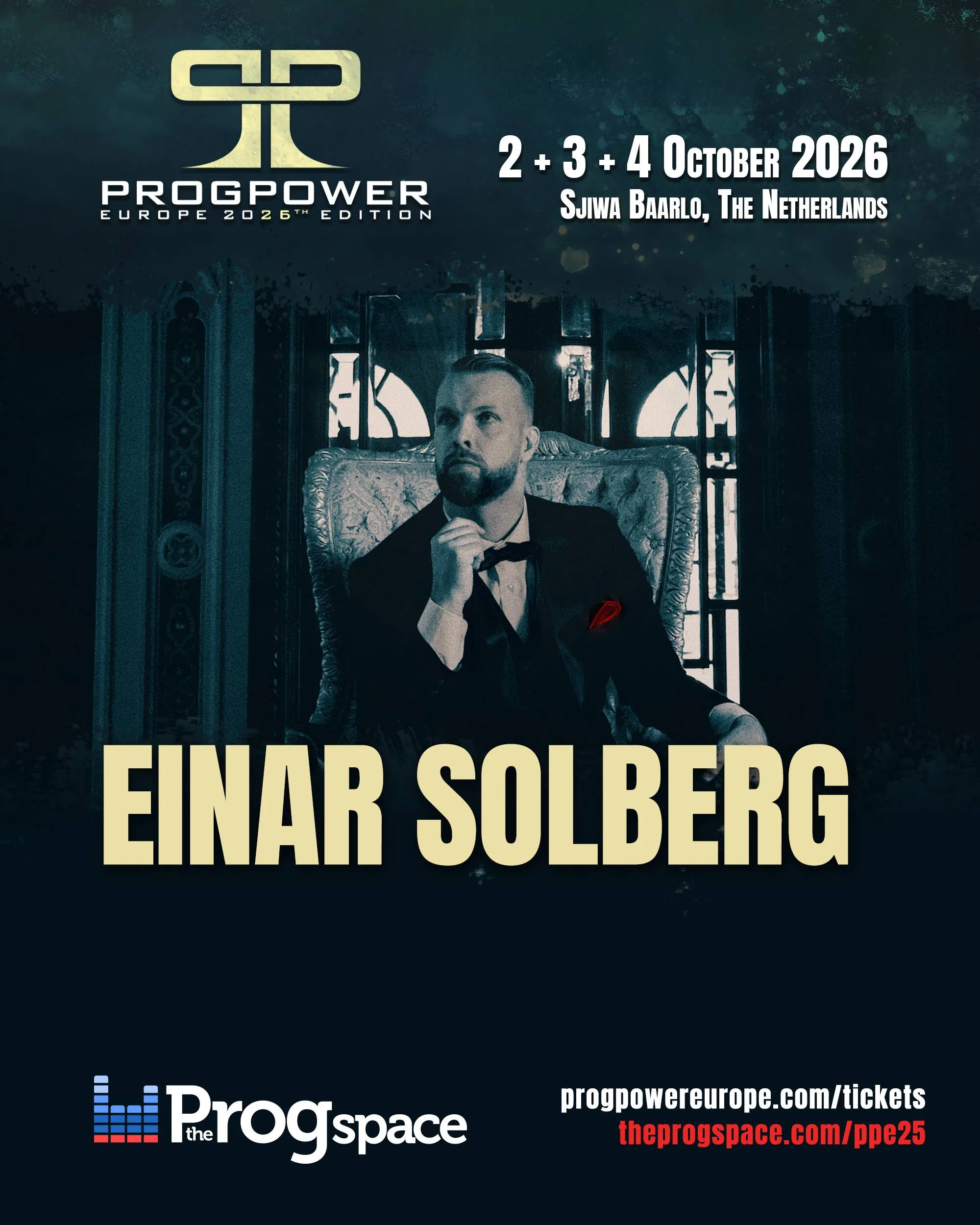
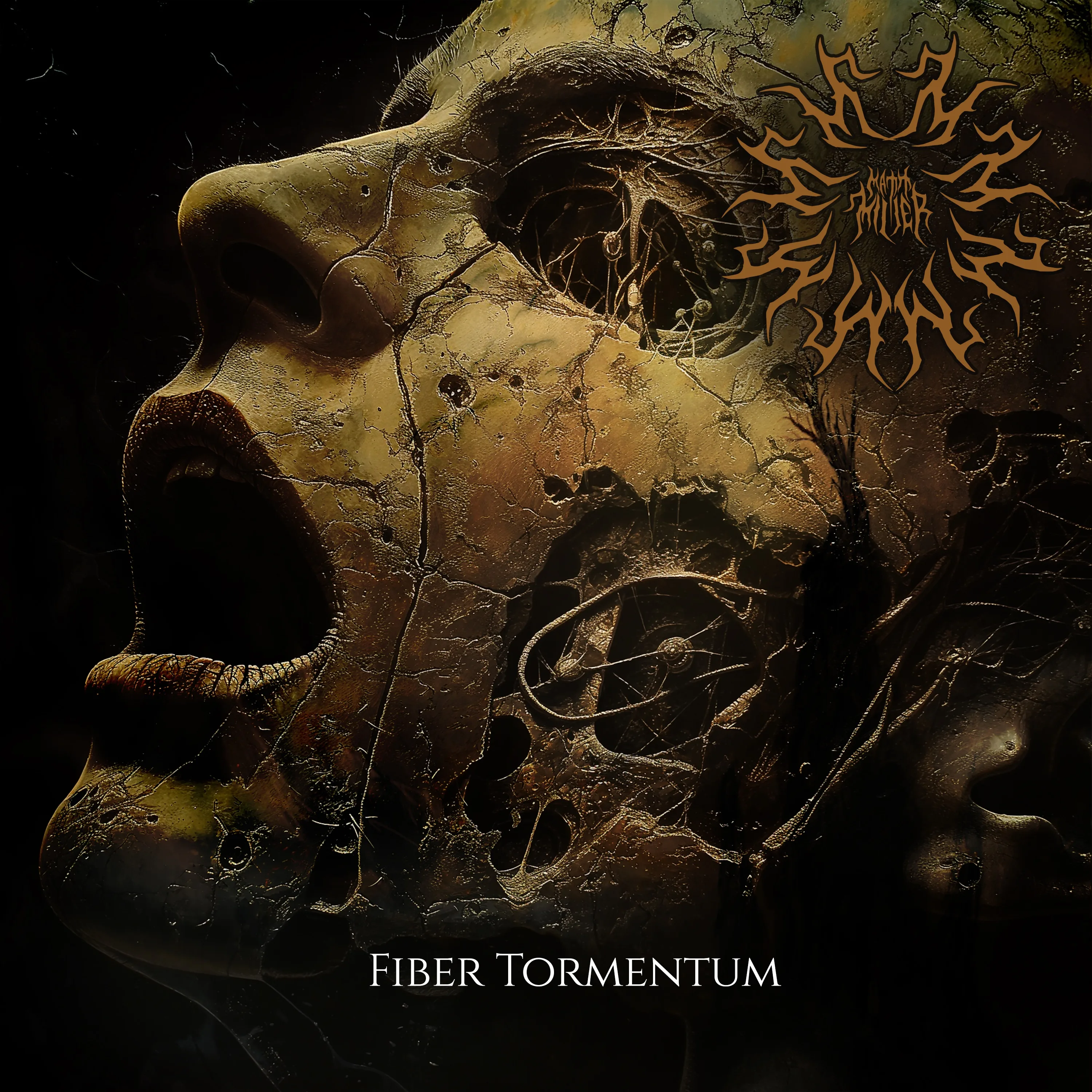
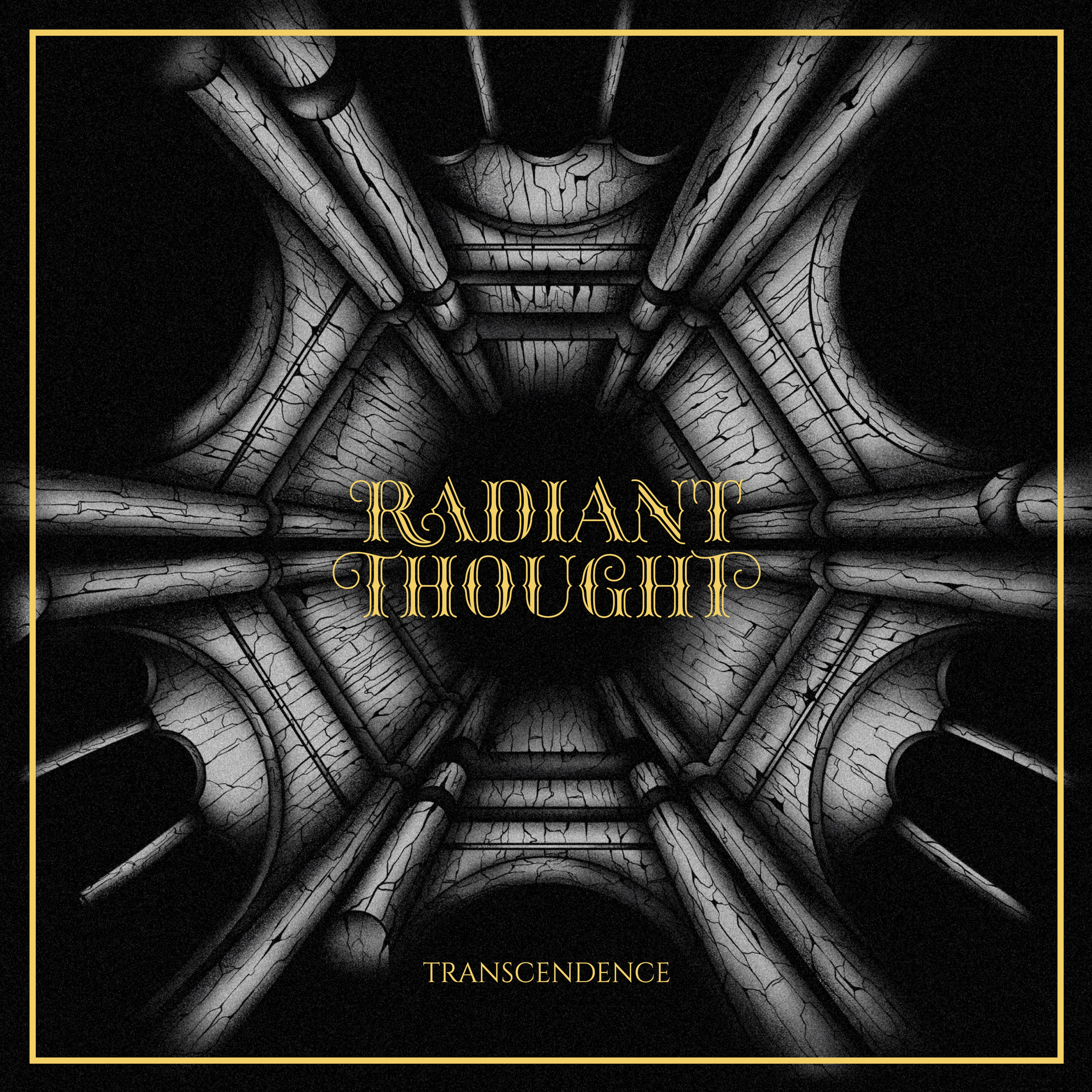
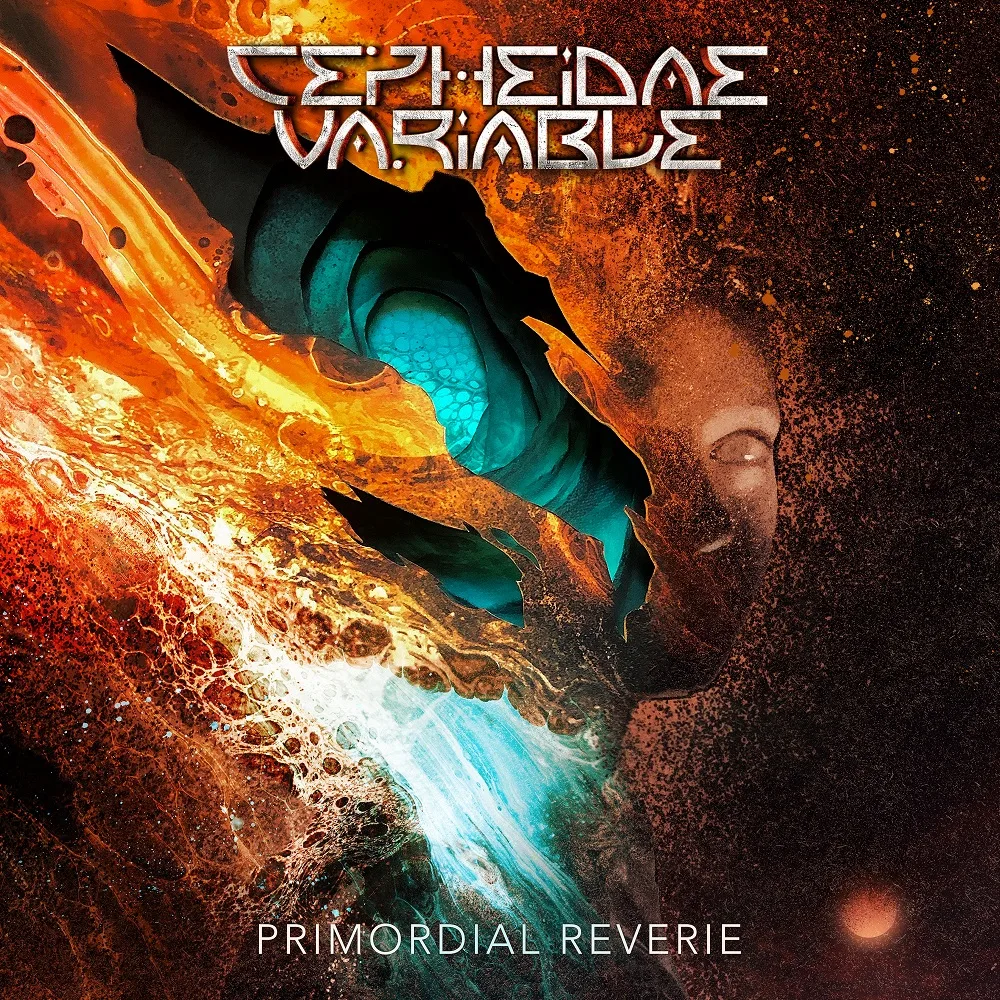
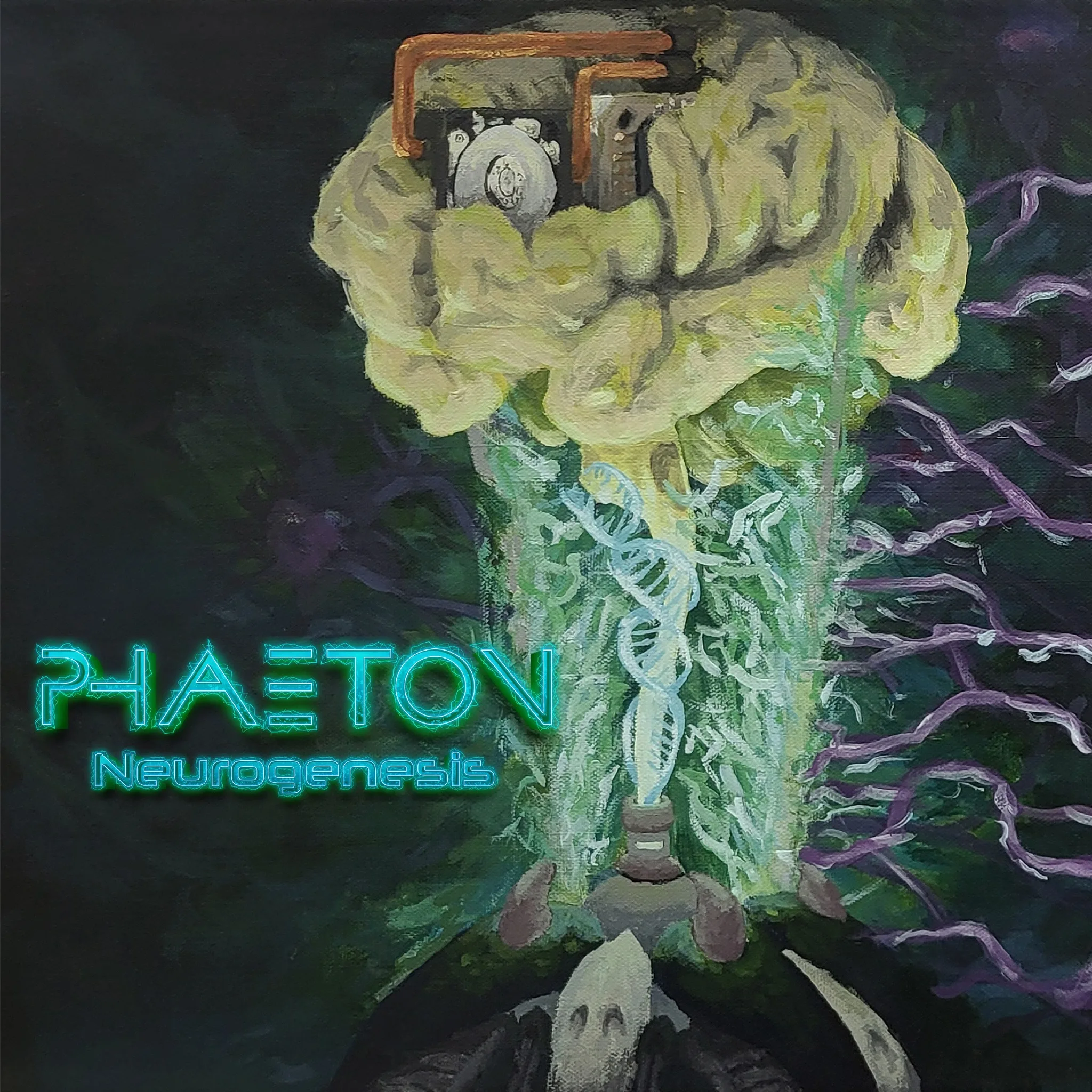
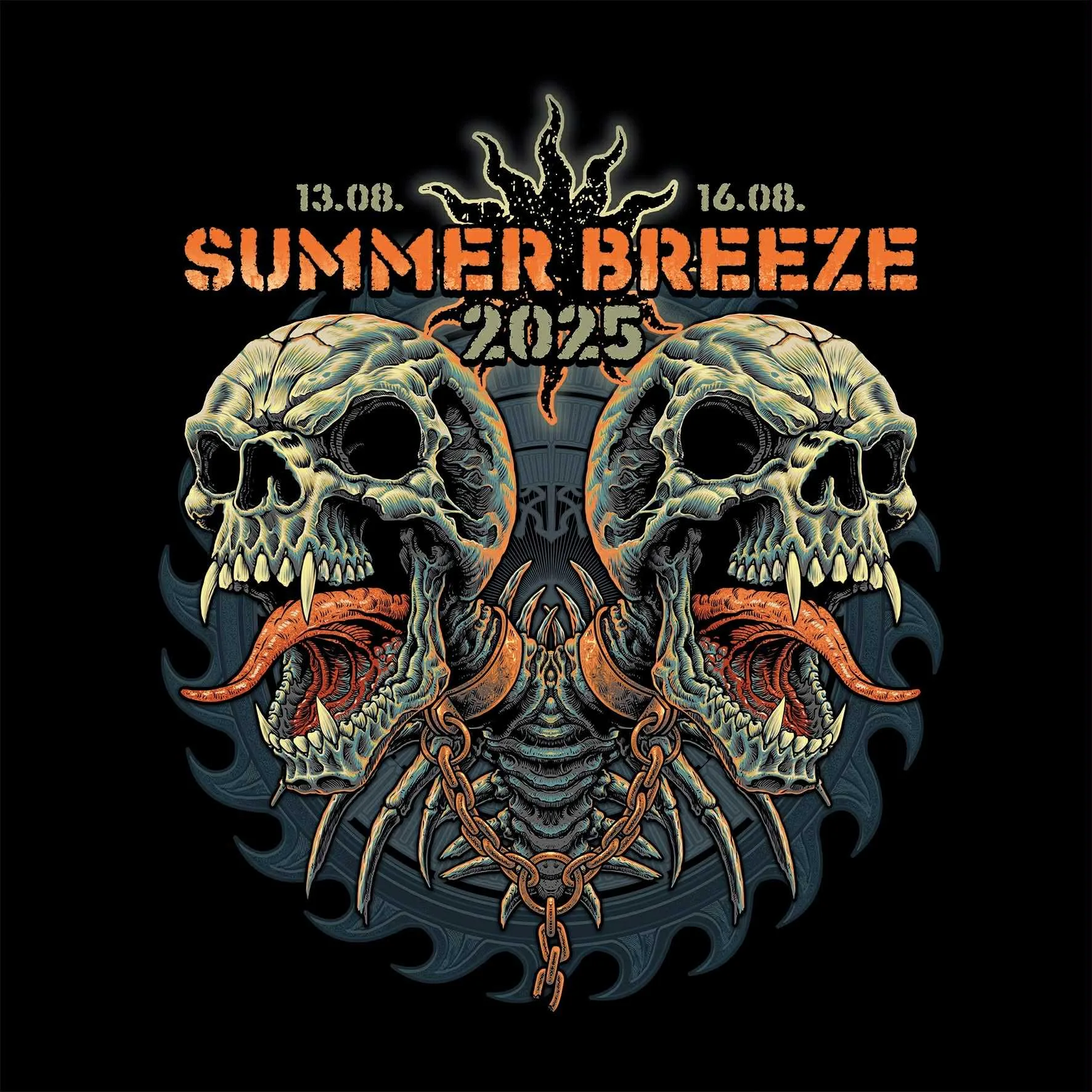



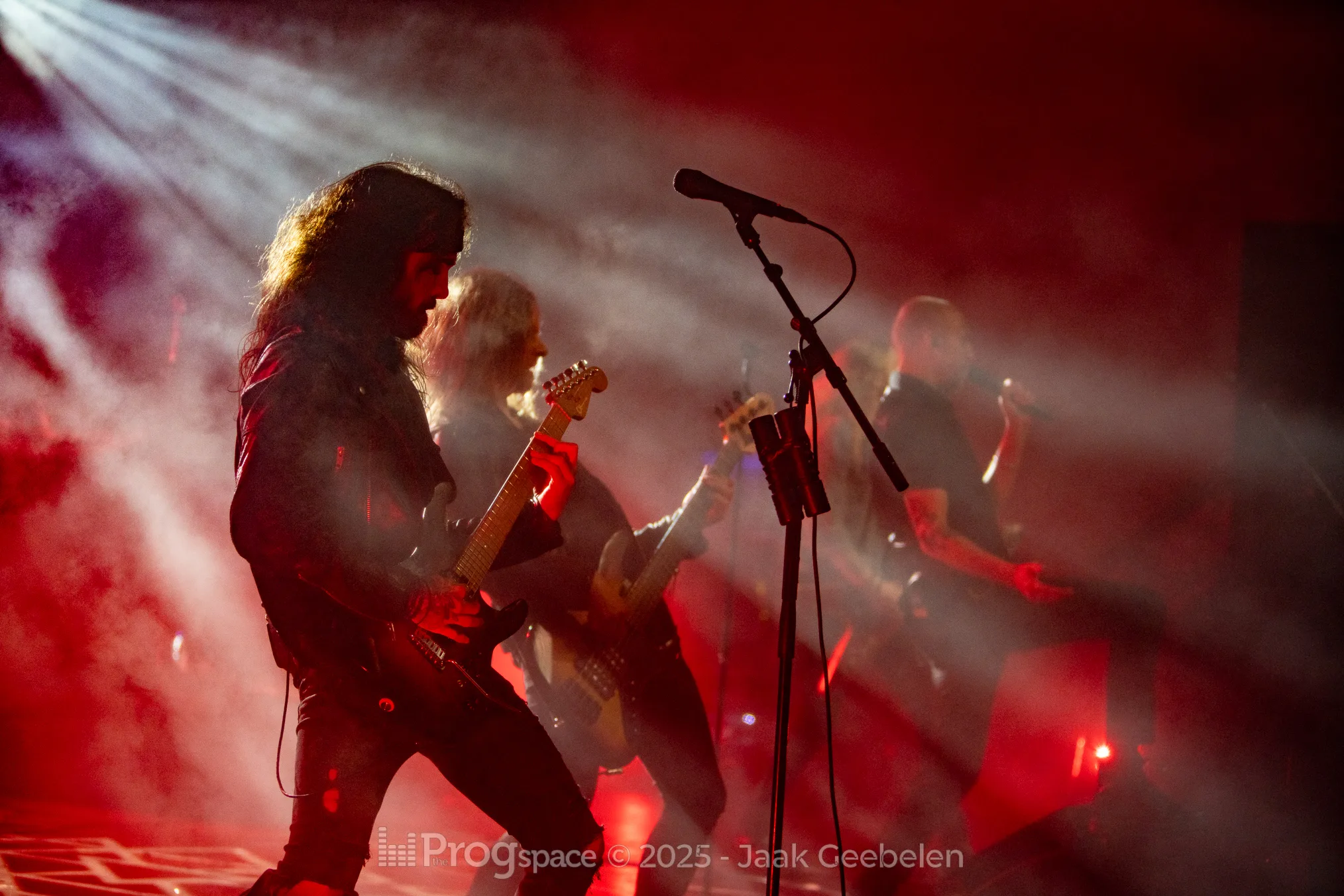
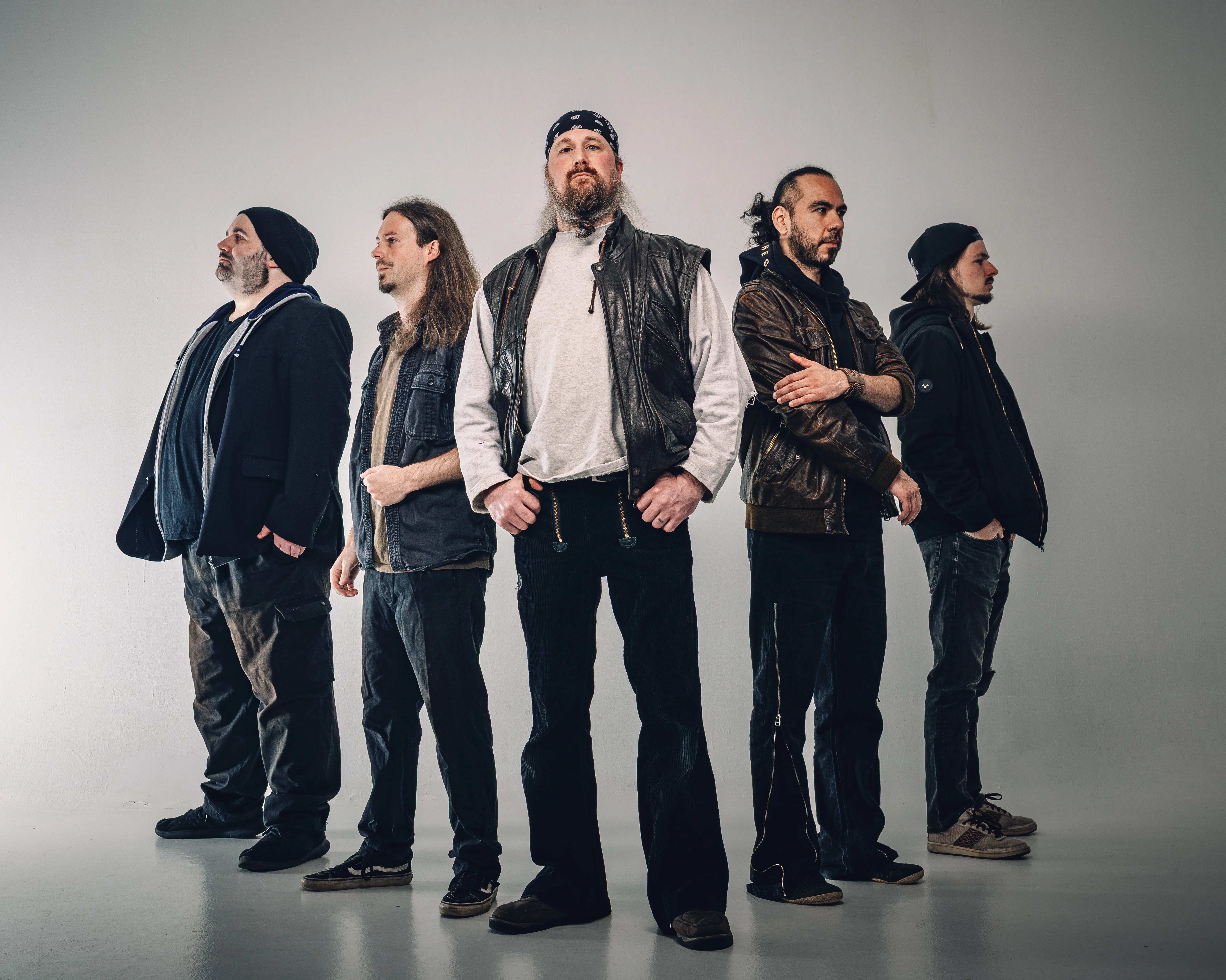
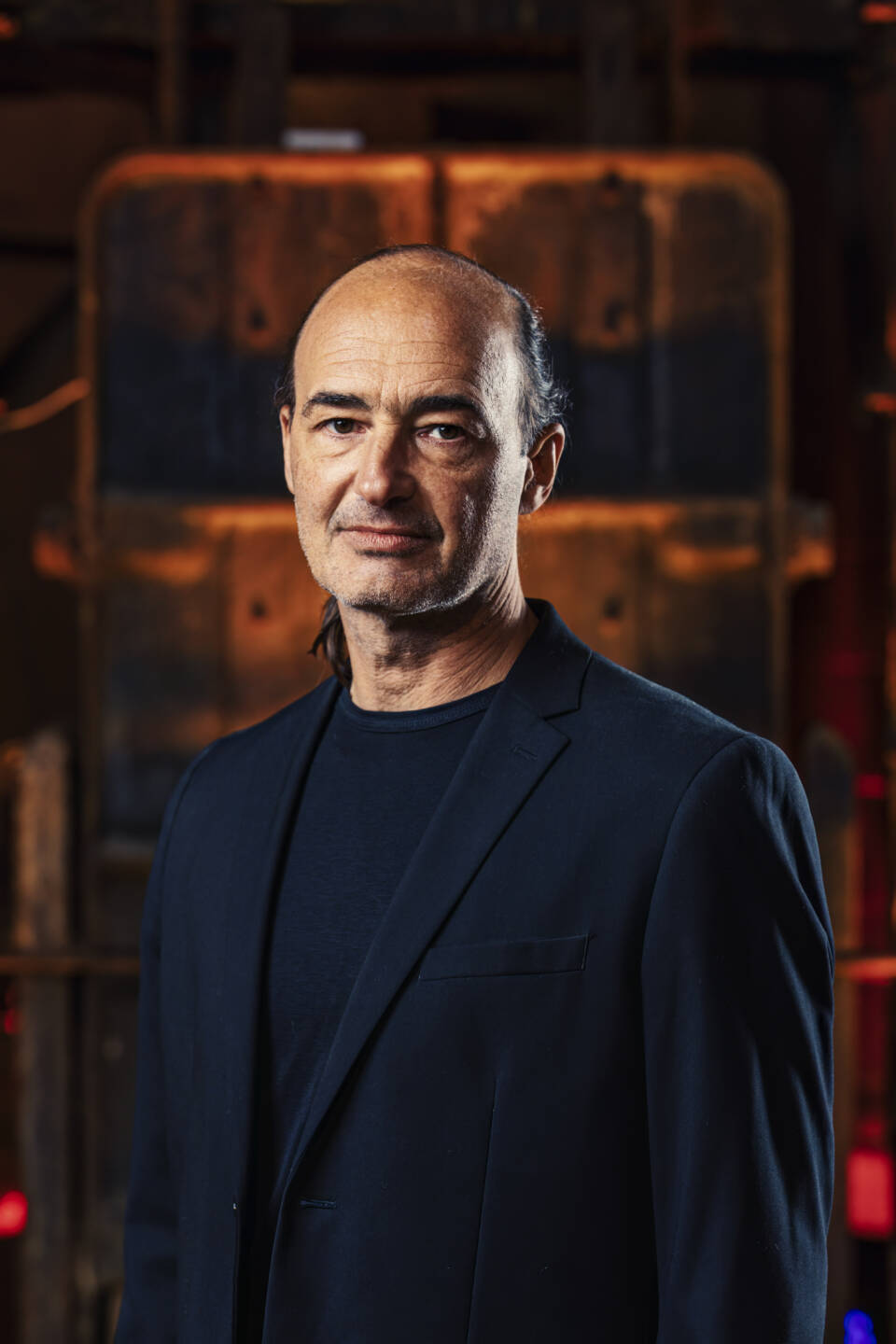
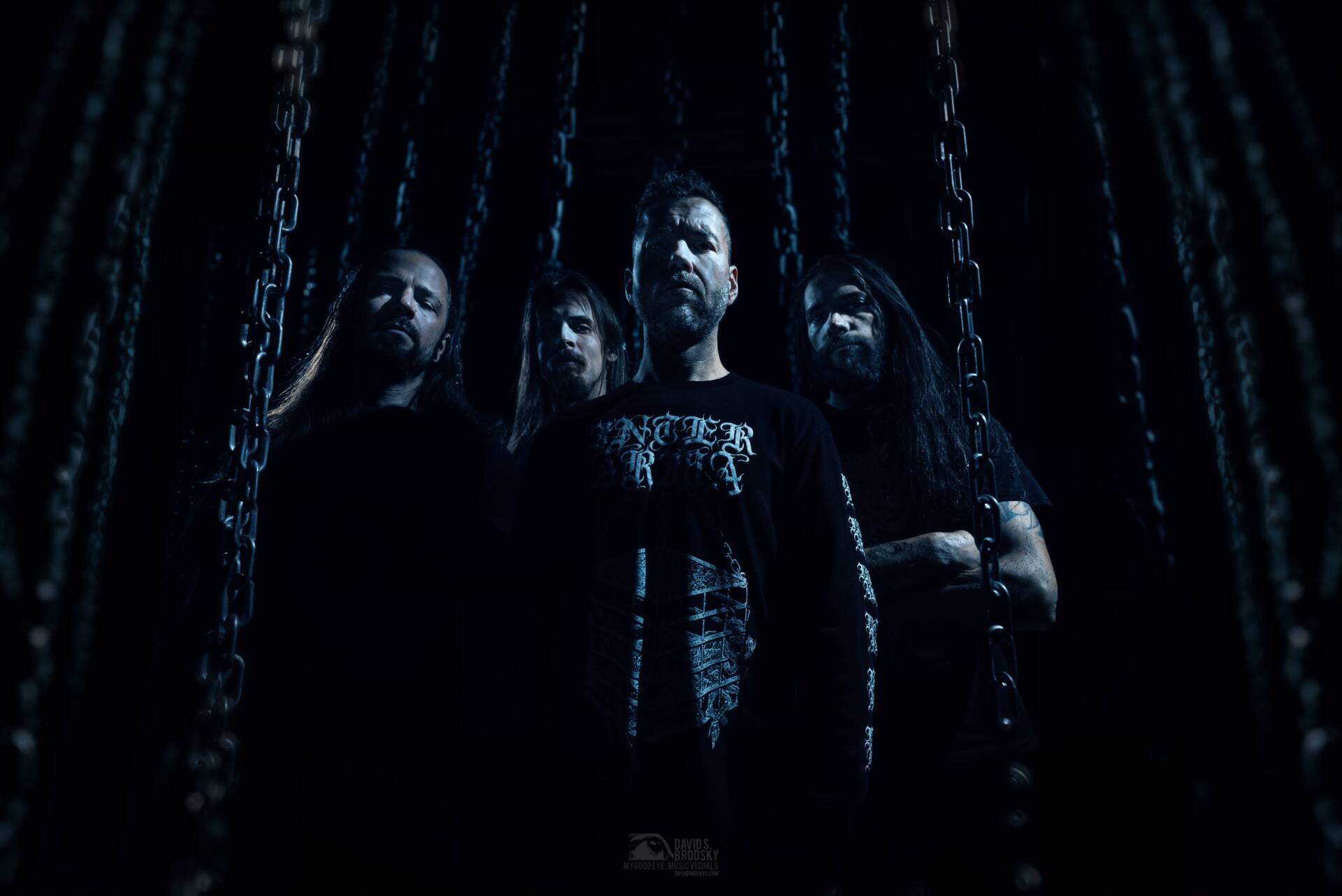
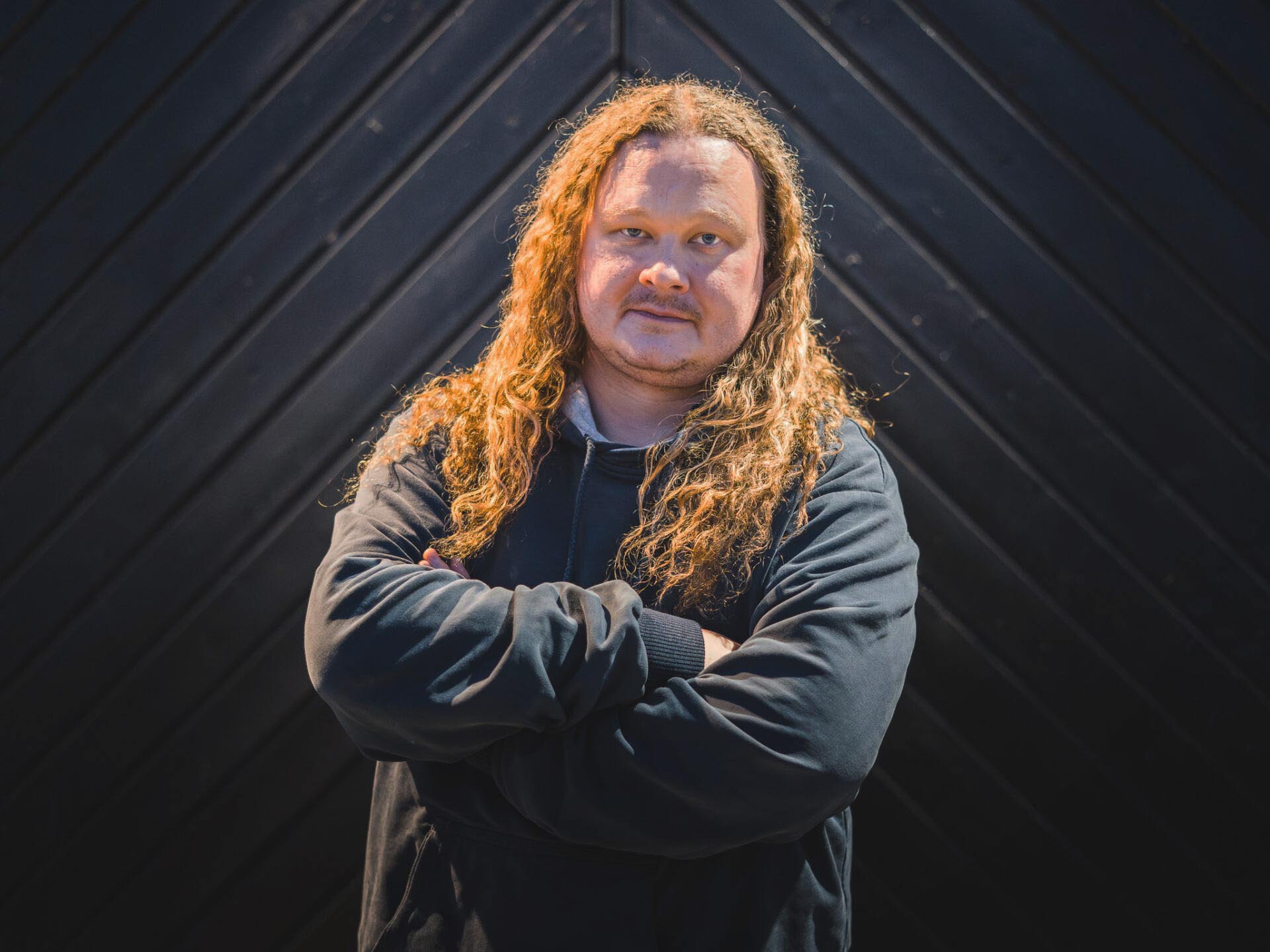
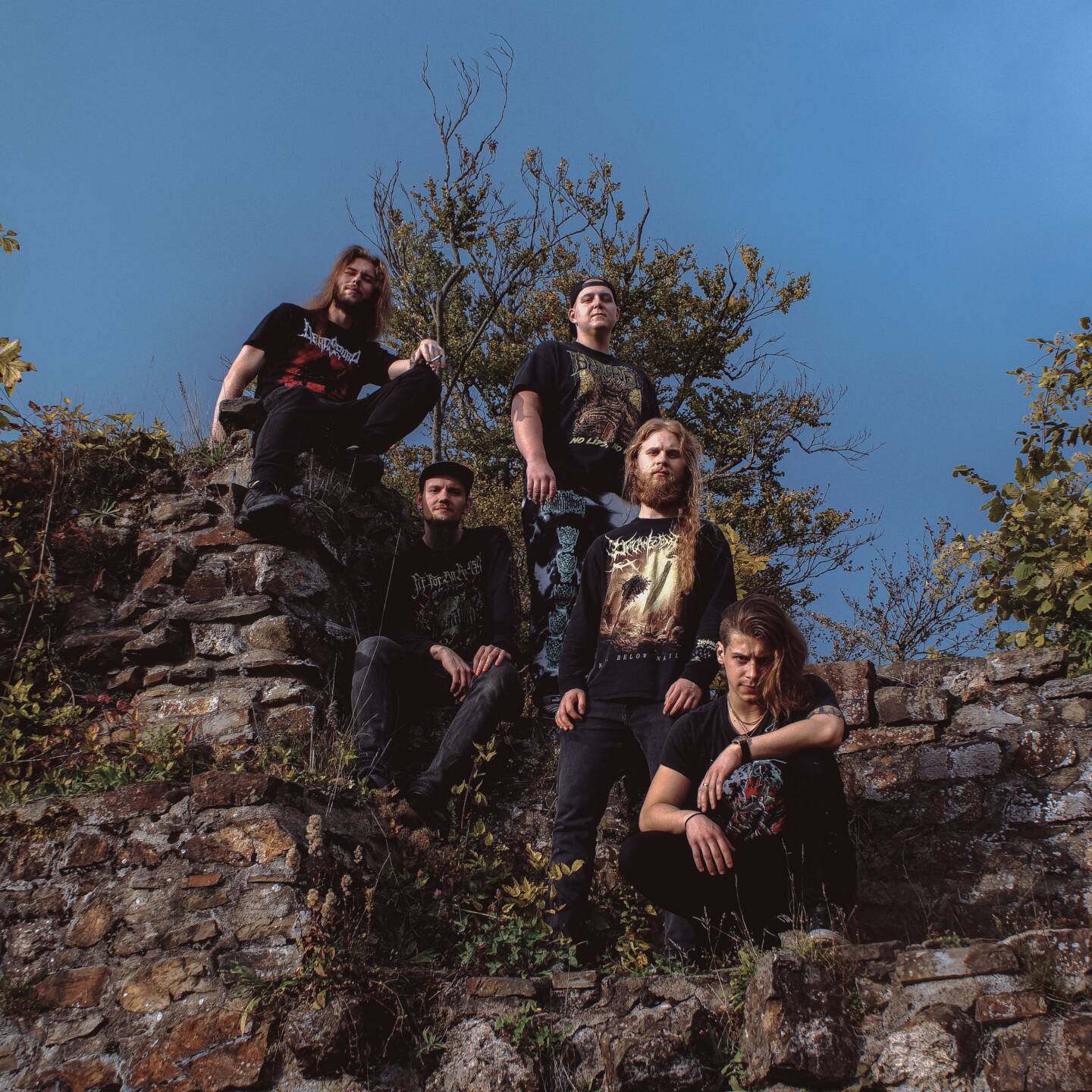
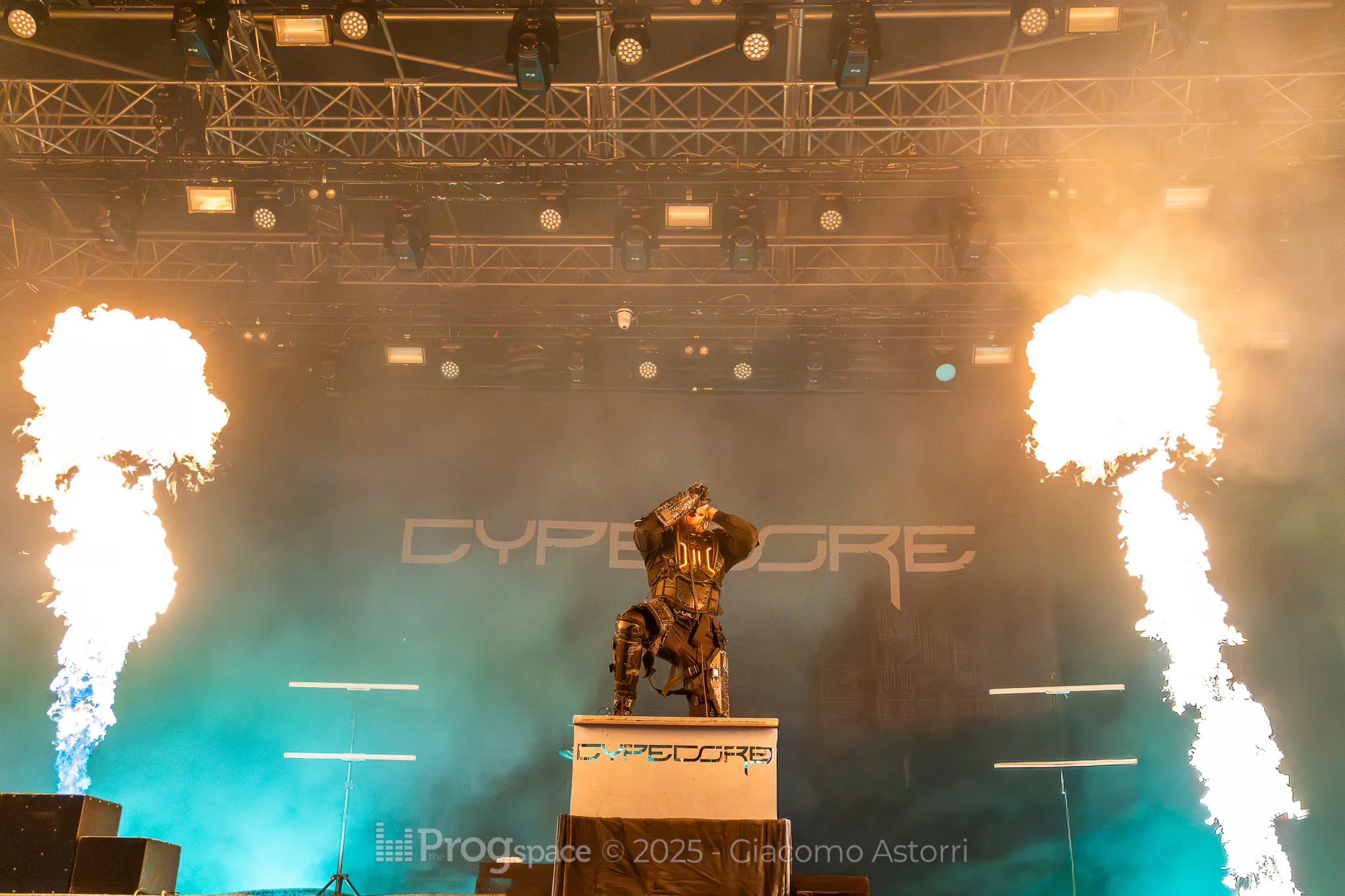
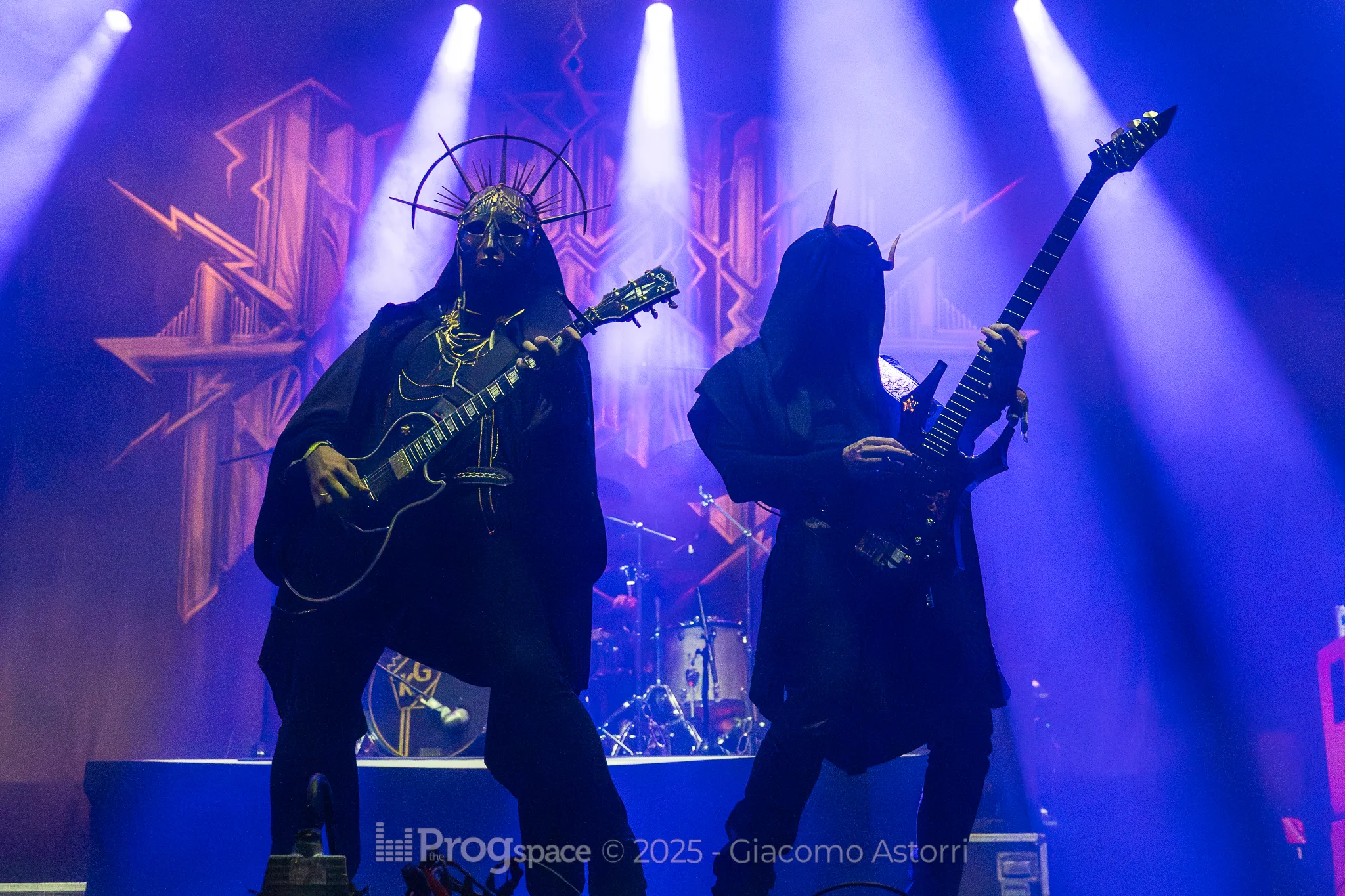
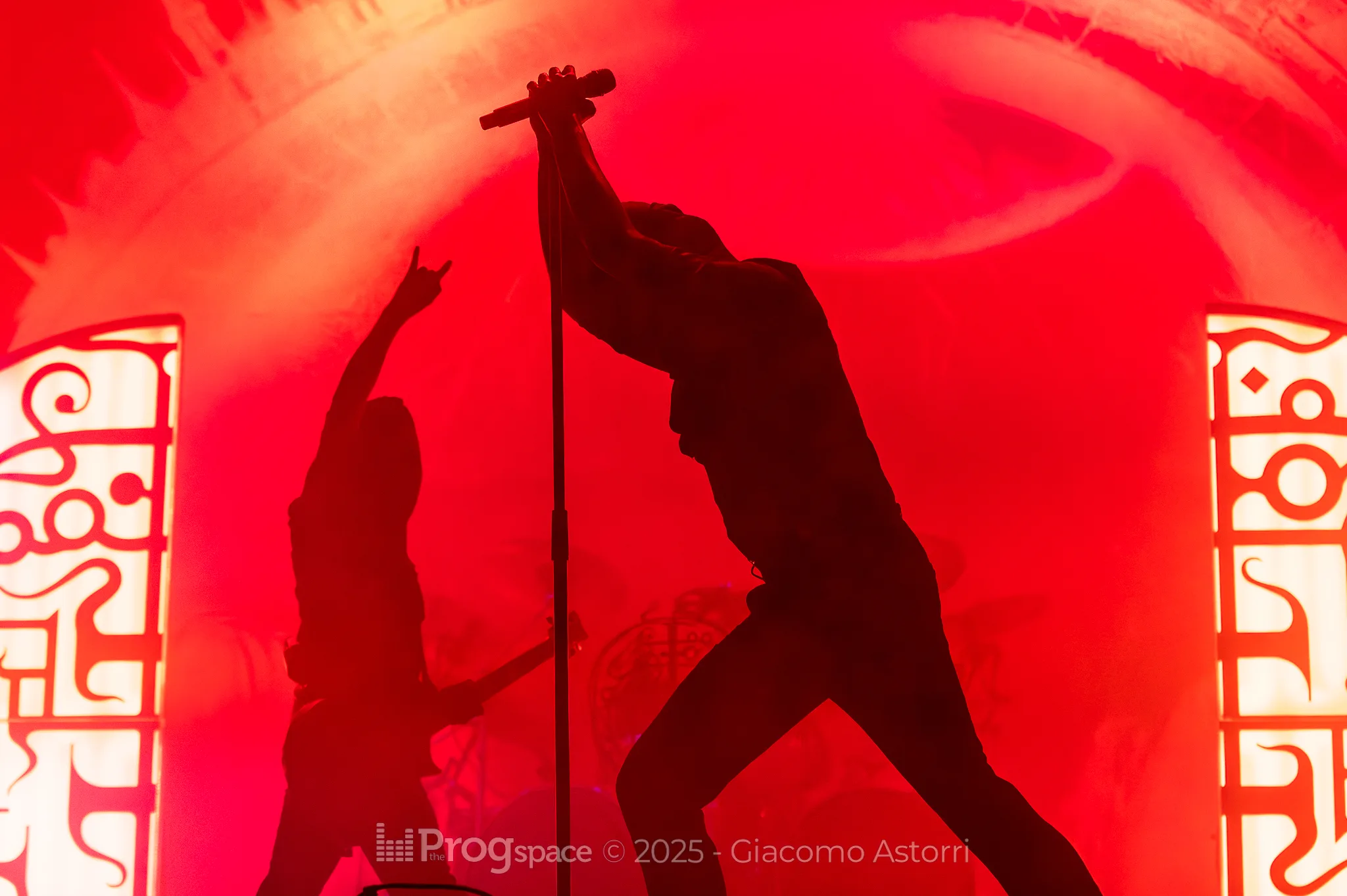
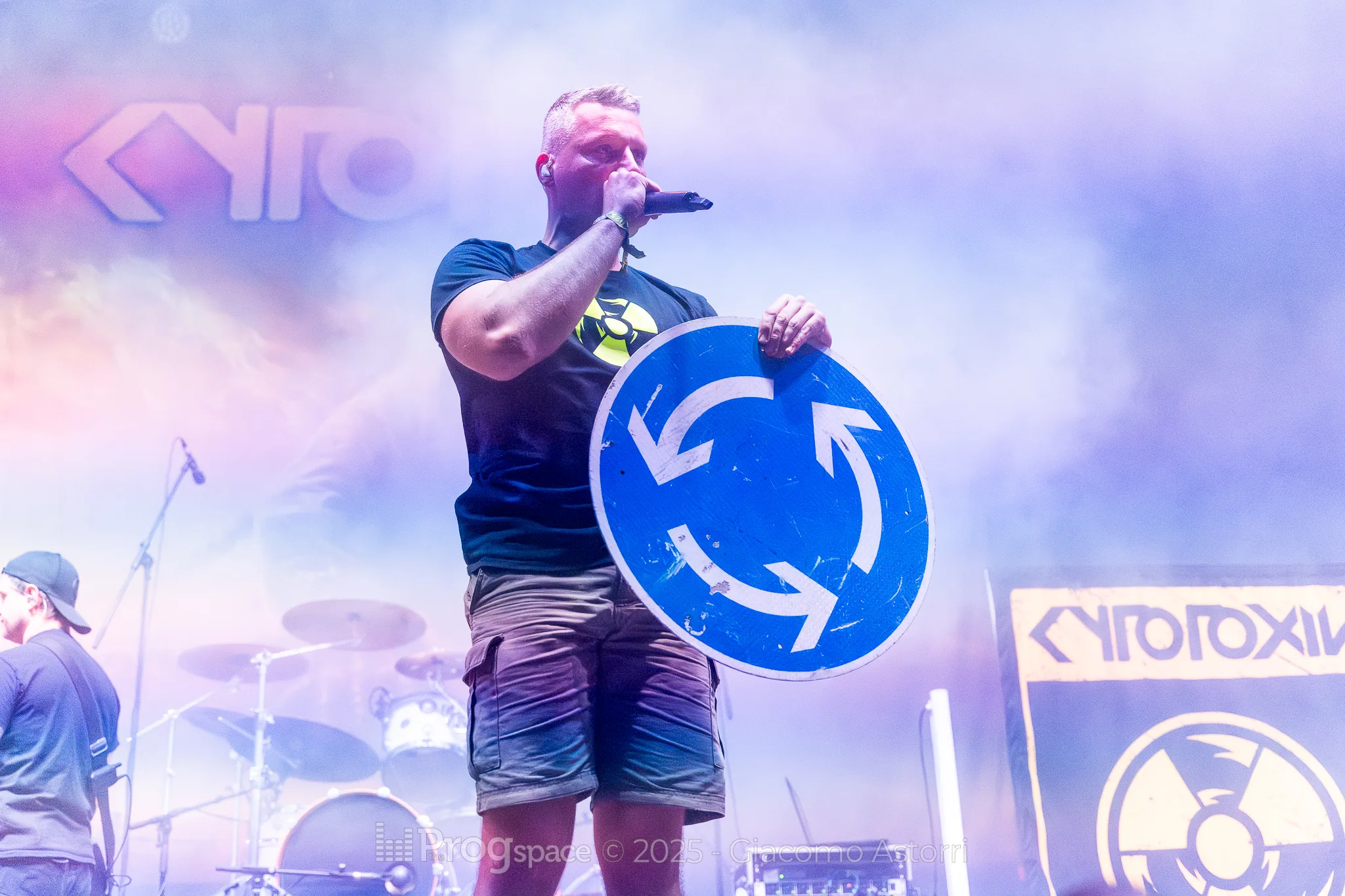
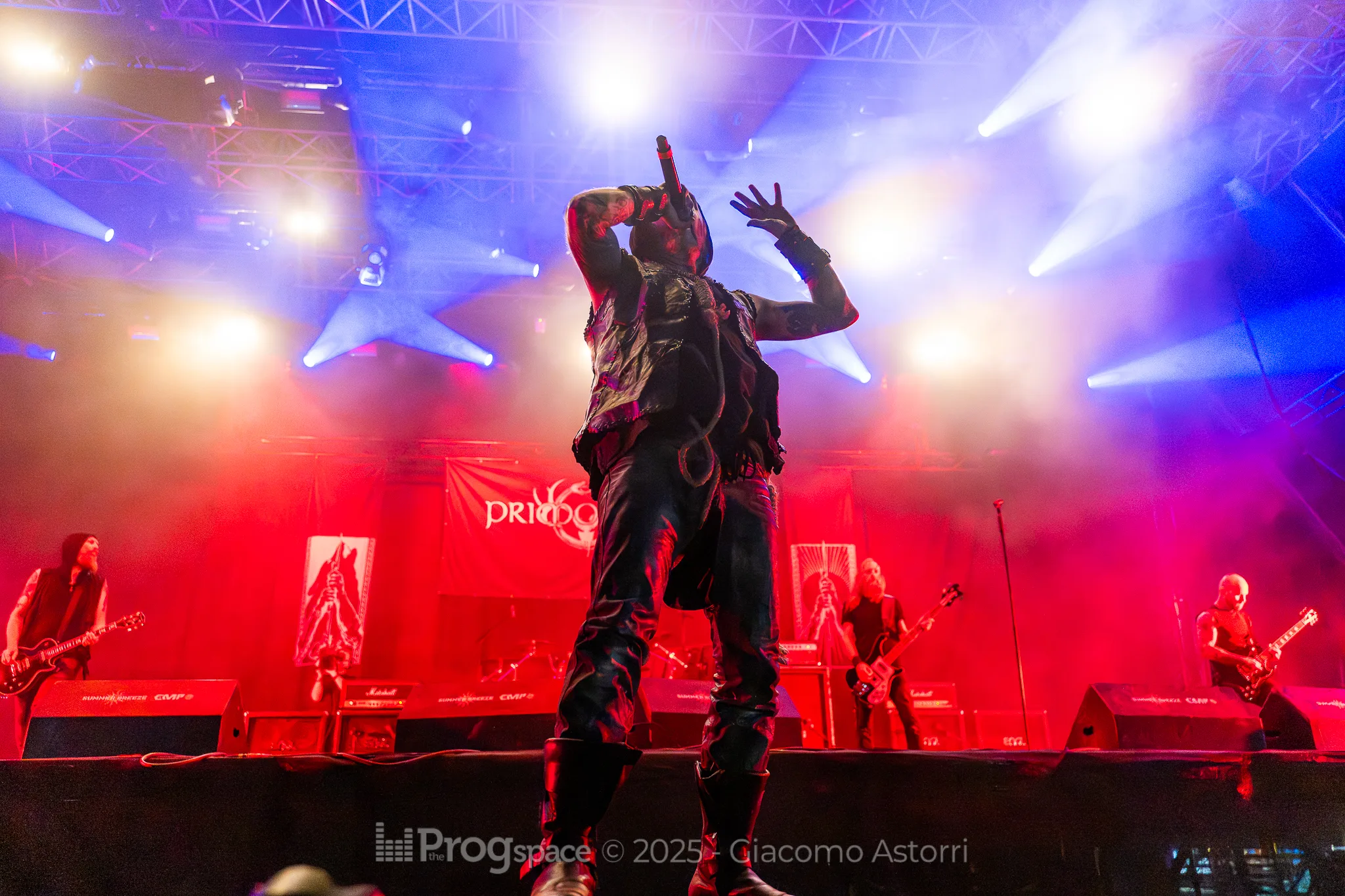
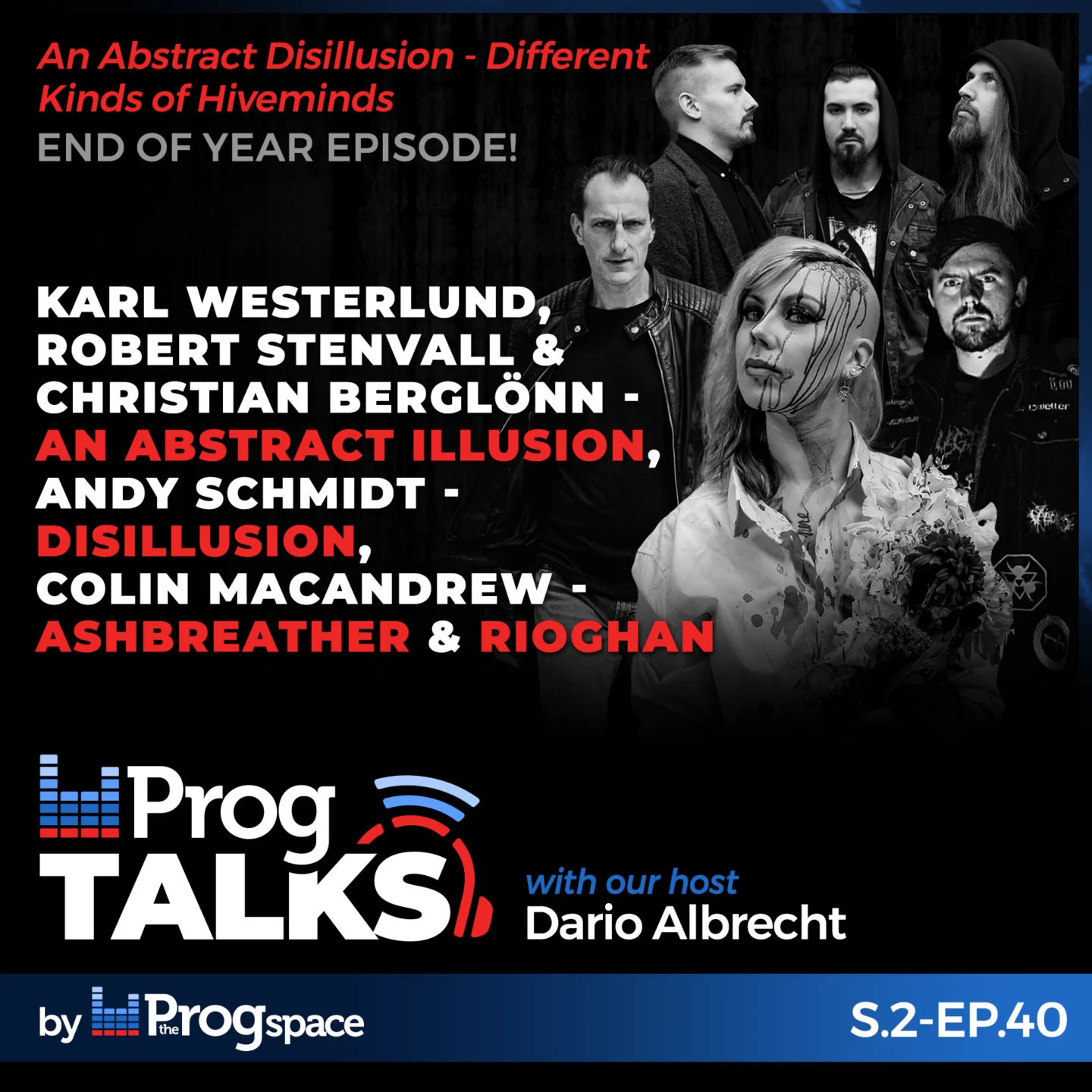
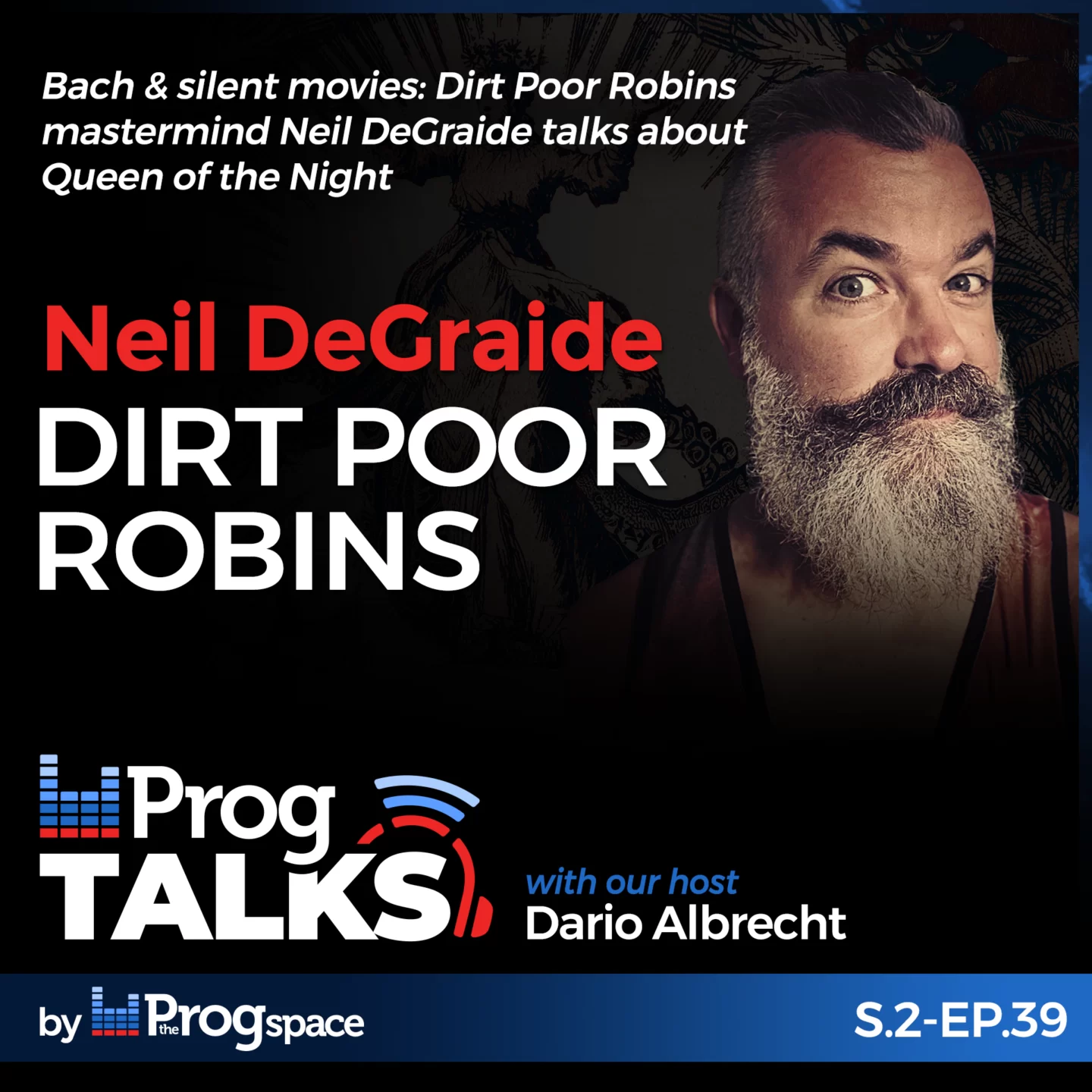
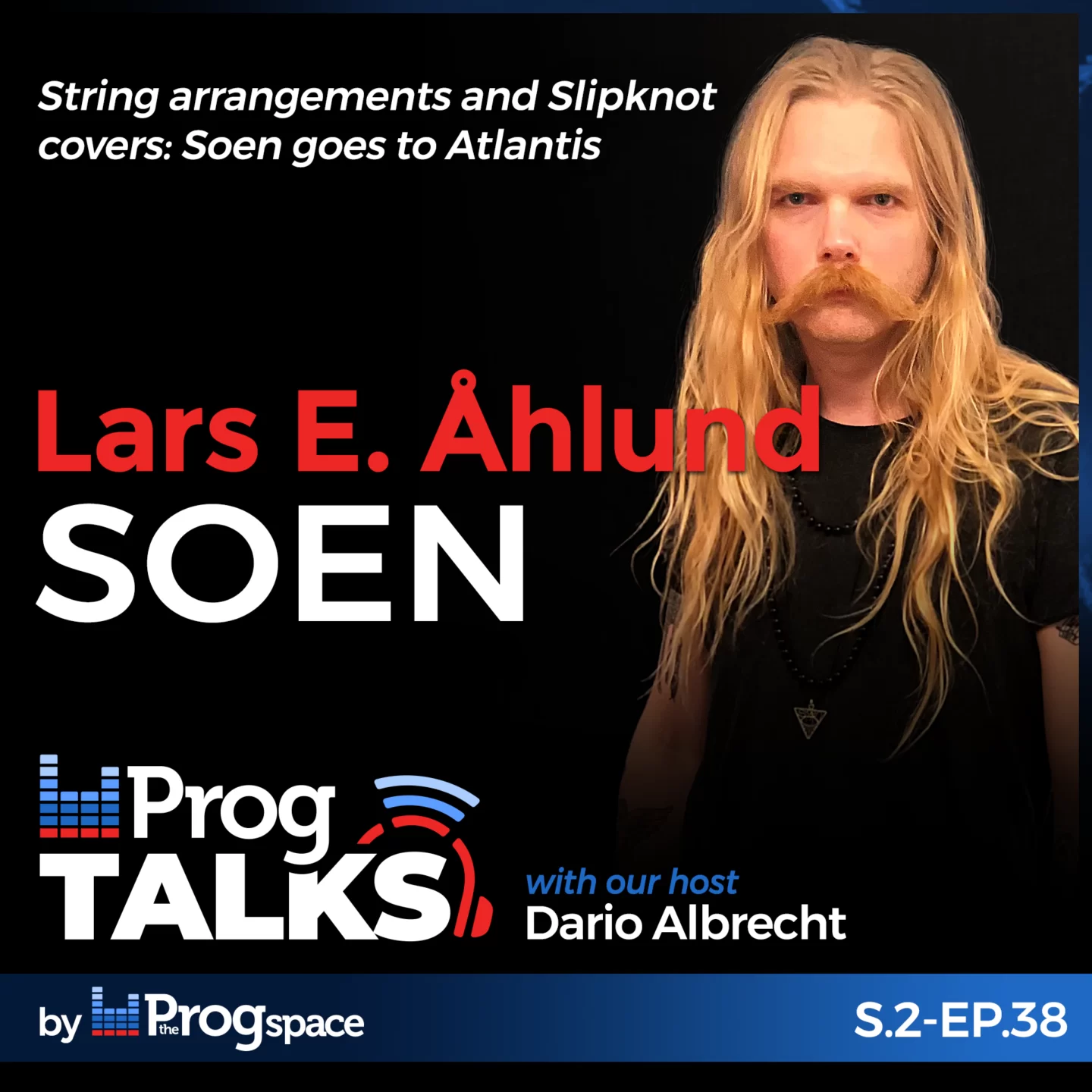
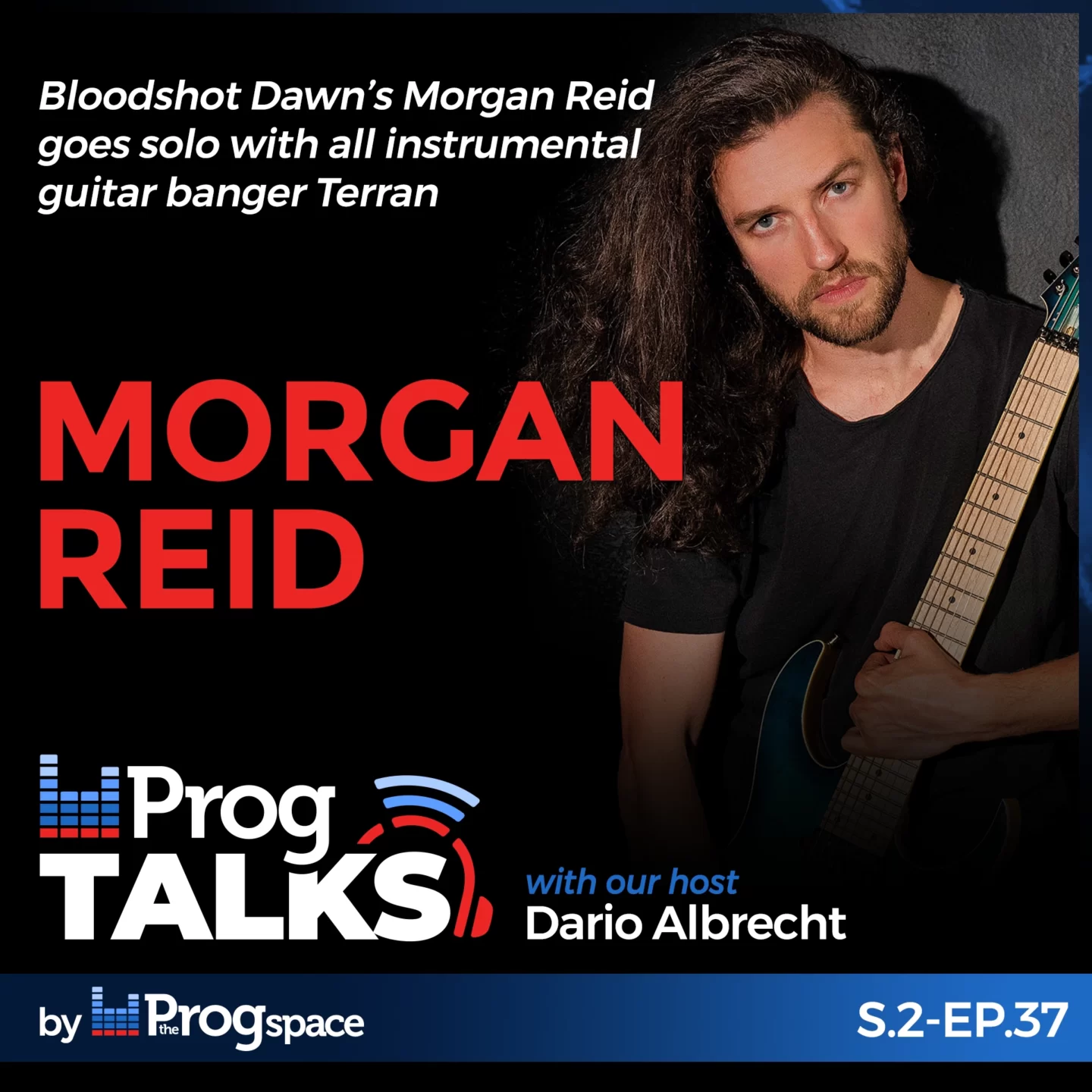
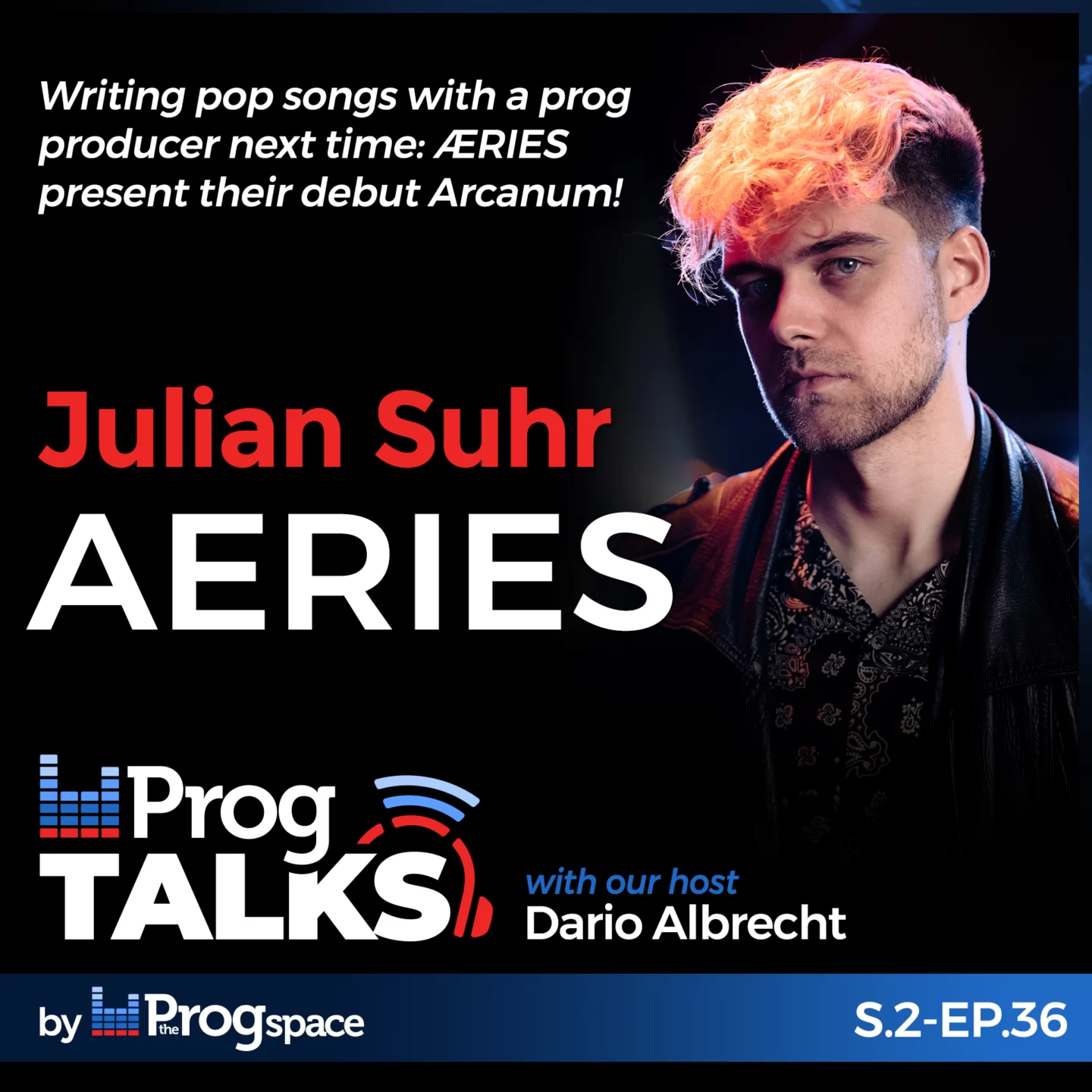
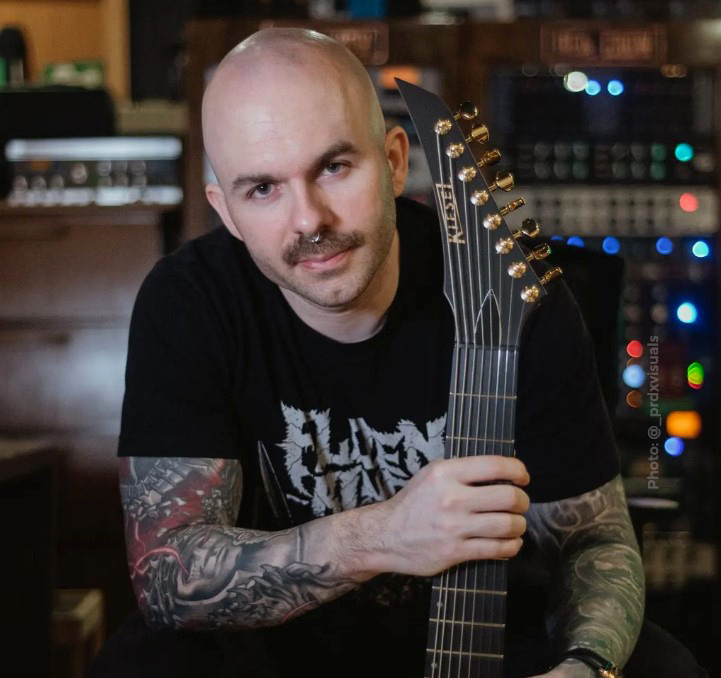
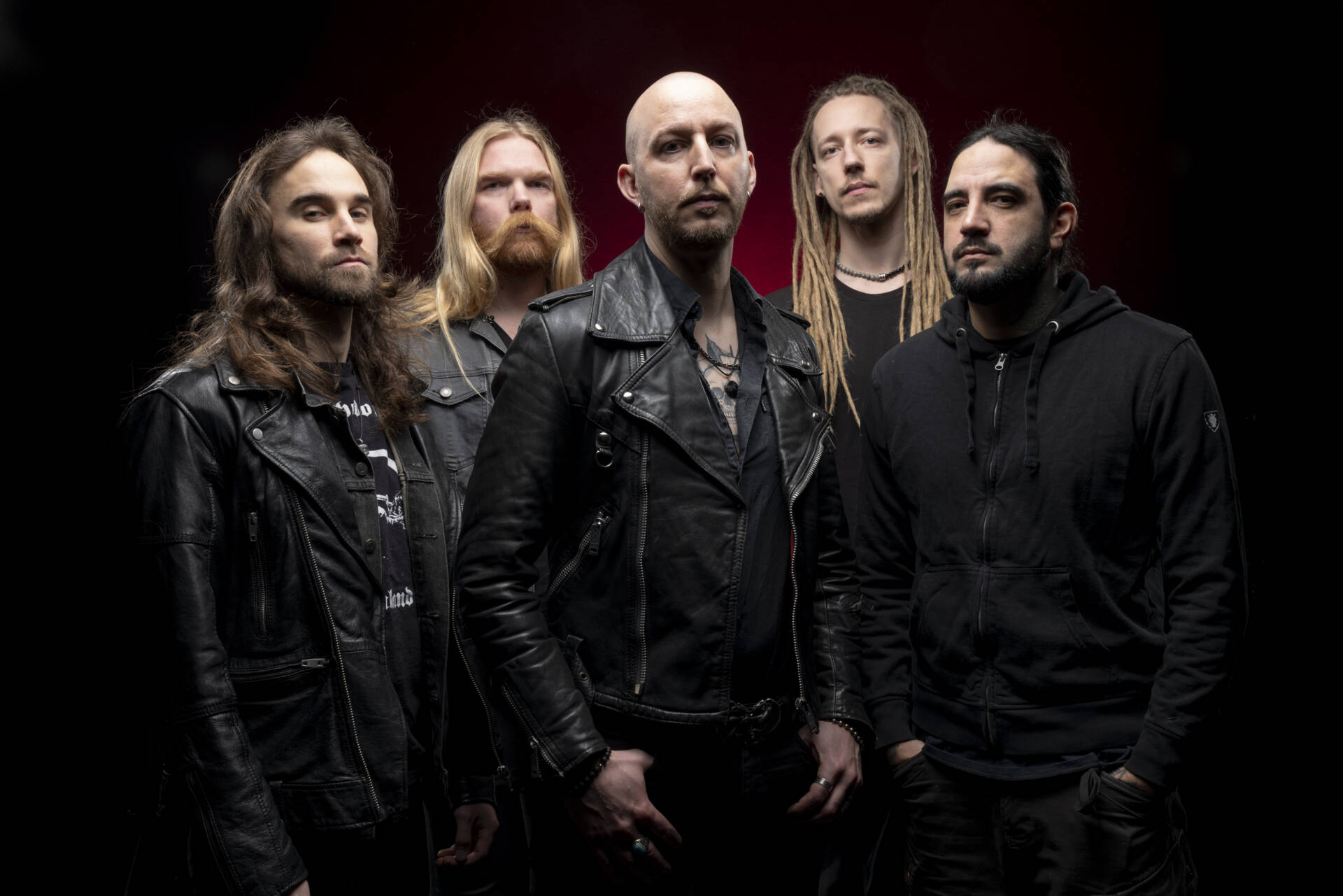
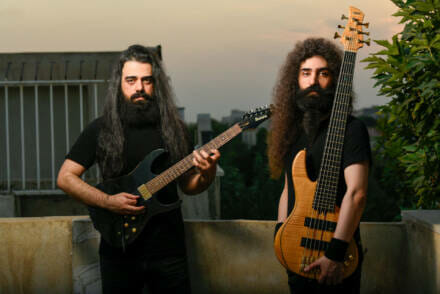
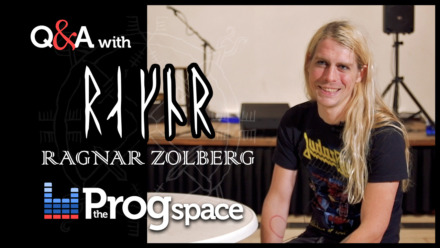
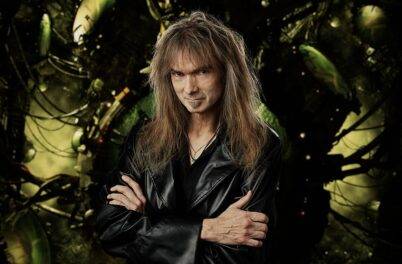


 We’re a group of Prog-lovers who started a journey to share with you our thoughts about albums, concerts, tours and festivals, the photo galleries of the Prog concerts we visit, as well interviews with upcoming or established musicians or prog-related people. Follow our Facebook page for frequent updates and news around the Progniverse.
We’re a group of Prog-lovers who started a journey to share with you our thoughts about albums, concerts, tours and festivals, the photo galleries of the Prog concerts we visit, as well interviews with upcoming or established musicians or prog-related people. Follow our Facebook page for frequent updates and news around the Progniverse.